2024 Keynote Speakers

Max Brown, PhD - Operations and Policy Analyst, Office of Aging and People Disabilities Oregon Department of Human Services
Oregon State Plan on Aging and an Age-Friendly Oregon
Comprehensive, multi-sector planning is underway to make Oregon an Age-Friendly state, and the 2023-2026 Older Americans Act (OAA) State Plan on Aging provides several goals, objectives, and strategies toward an Age-Friendly Oregon as well. This plenary session provides a brief overview on the essential role and scope of the Oregon State Plan on Aging and its relation to the Older Americans Act, the five main focus areas of the State Plan, and examples of how the State Plan and Older Americans Act programs have objectives and strategies committed to contributing to the more comprehensive, multi-sector efforts for an Age-Friendly Oregon. State Plan work includes more specific goals and objectives in housing, volunteerism, social isolation and social engagement, family and unpaid caregiving, and workforce development. The State Plan’s focus and efforts are all framed within an equity lens, including several objectives and strategies primarily or exclusively committed to equity initiatives, with the intent to serve older adults with the greatest economic and social needs. While the resources and the capacity of the State Plan and Older Americans Act programs are limited, these efforts are intended to coordinate with broader and longer-term planning and development toward an Age-Friendly Oregon. This session will engage community partners to share their ideas and suggestions for collaboration between the State Plan on Aging and those broader initiatives and opportunities.
Biography
Max Brown is an operations and policy analyst at the Oregon Department of Human Services, Office of Aging and People with Disabilities, where he has worked since 2005. His work includes analysis of policy, legislation, and research of a wide range of areas in aging and disability. During his career at the state, he as worked on many initiatives to improve and innovate services and supports for older adults and people with disabilities, and he has an avid interest in the Oregon’s history of policy innovations and advocacy in these areas. Before working at the state, he taught political science and political studies at the University of Oregon and Willamette University. Born in Portland, he received a BA from Bard College in Annandale, NY, and a PhD from the University of Oregon in Eugene. He joined the OGA Board in March 2023.
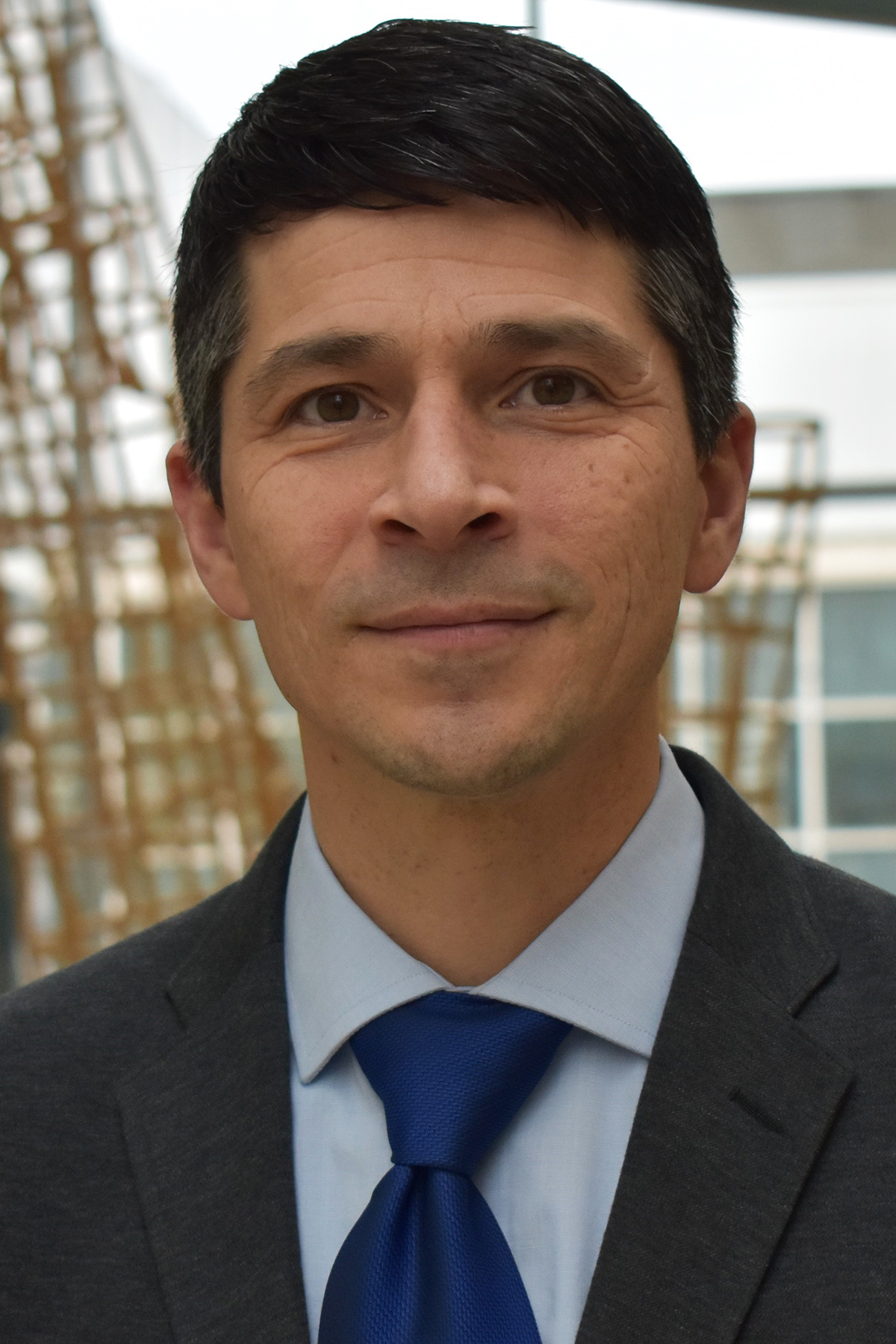
Alan DeLaTorre, PhD - Adjunct Research Associate, Institute on Aging IOA Portland State University, College of Urban and Public Affairs
Are We Age-Friendly Yet? 17+ Years of Age-Friendly Research, Policy, and Practice in Oregon
Approximately 17 years ago Portland, Oregon became the first U.S. city to join the World Health Organization’s global age-friendly cities project. However, Oregon cities and communities have been planning communities to address population aging since the 1980’s, including efforts that span rural counties, high-density 15-minute neighborhoods, and state-level legislation. This presentation will offer a retrospective of age-friendly efforts in the state, highlights of action-focused age-friendly research, successes and challenges related to creating and implementing age-friendly policies, and emerging strategies for aging in place and in community.
Biography
Alan DeLaTorre is a self-described “urban gerontologist” who has focused his career on advancing age-friendly environments. He has been involved in Portland’s age-friendly efforts since its inception as a research project in 2006 at Portland State University’s (PSU) Institute on Aging. Dr. DeLaTorre served as the City of Portland’s age-friendly program manager (2019-2023) and has consulted with communities throughout Oregon and the U.S. to support various research, planning, and implementation efforts. Alan serves as a housing and policy advocate for Norwest Pilot Project, as well as adjunct faculty within PSU’s College of Urban and Public Affairs.
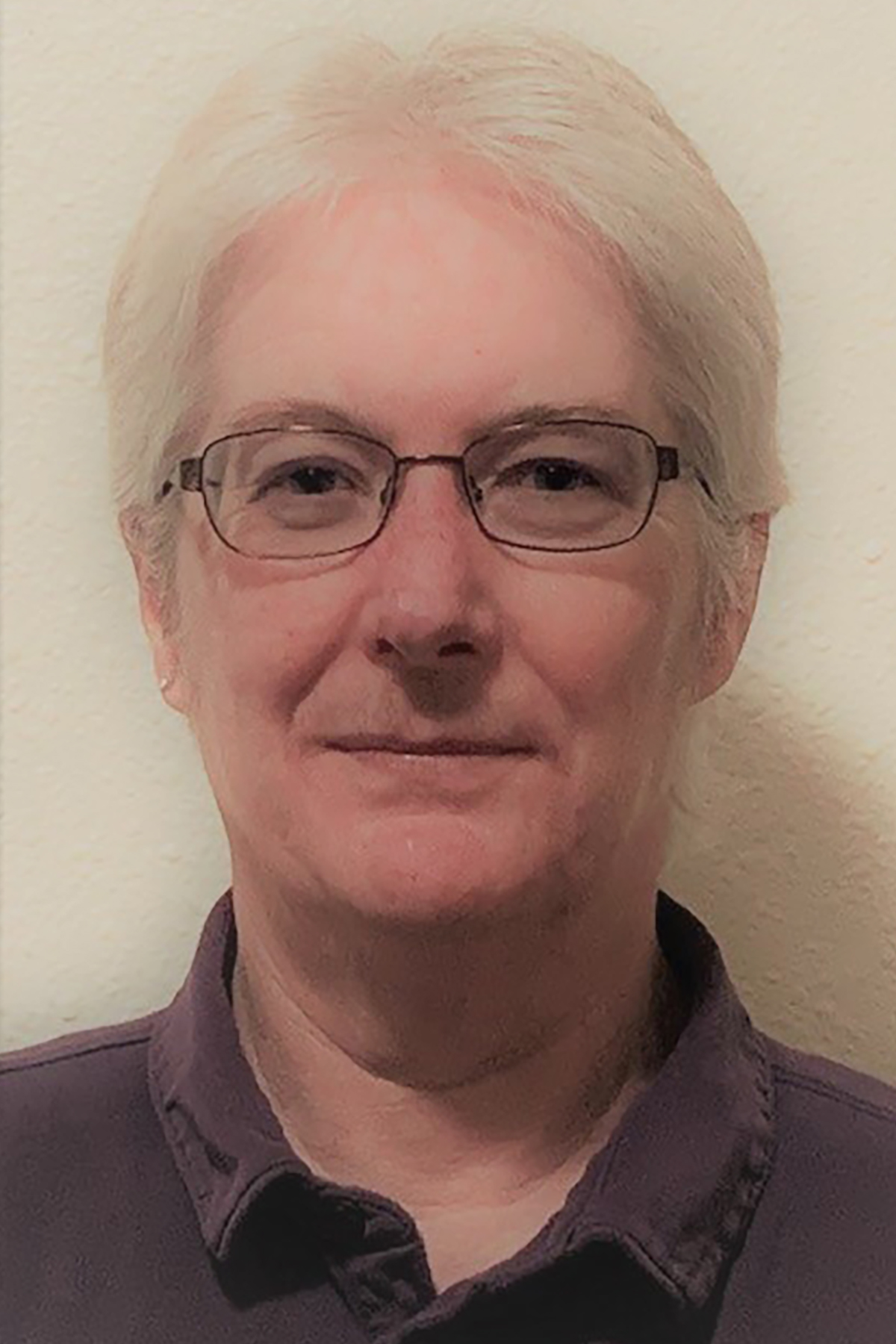
Deb McCuin, M.Ed - Program Analyst, Office of Aging and People Disabilities Oregon Department of Human Services
Oregon State Plan on Aging and an Age-Friendly Oregon
Comprehensive, multi-sector planning is underway to make Oregon an Age-Friendly state, and the 2023-2026 Older Americans Act (OAA) State Plan on Aging provides several goals, objectives, and strategies toward an Age-Friendly Oregon as well. This plenary session provides a brief overview on the essential role and scope of the Oregon State Plan on Aging and its relation to the Older Americans Act, the five main focus areas of the State Plan, and examples of how the State Plan and Older Americans Act programs have objectives and strategies committed to contributing to the more comprehensive, multi-sector efforts for an Age-Friendly Oregon. State Plan work includes more specific goals and objectives in housing, volunteerism, social isolation and social engagement, family and unpaid caregiving, and workforce development. The State Plan’s focus and efforts are all framed within an equity lens, including several objectives and strategies primarily or exclusively committed to equity initiatives, with the intent to serve older adults with the greatest economic and social needs. While the resources and the capacity of the State Plan and Older Americans Act programs are limited, these efforts are intended to coordinate with broader and longer-term planning and development toward an Age-Friendly Oregon. This session will engage community partners to share their ideas and suggestions for collaboration between the State Plan on Aging and those broader initiatives and opportunities.
Biography
Deb McCuin is a program analyst in the Community Services and Supports Unit in the Office of Aging and People with Disabilities (APD) at the Oregon Department of Human Services (ODHS). She works with Oregon’s Area Agencies on Aging (AAAs) and Title VI grantees to implement Older Americans Act and other state and grant-funded programs. Prior to her work in CSSU, she managed a field office responsible for licensing and regulating long term care facilities. Before moving to Oregon, Deb worked for 20 years in the private and public sectors in Ohio, supporting people with I/DD in many roles, from direct service to legislative advocacy and support of self-determination efforts. Deb is committed to building collaborative partnerships across the aging network and to find ways to better reach and serve diverse and underrepresented populations. Deb holds a B.A. in Psychology from Grinnell College, and a Master’s in Education from The Ohio State University.
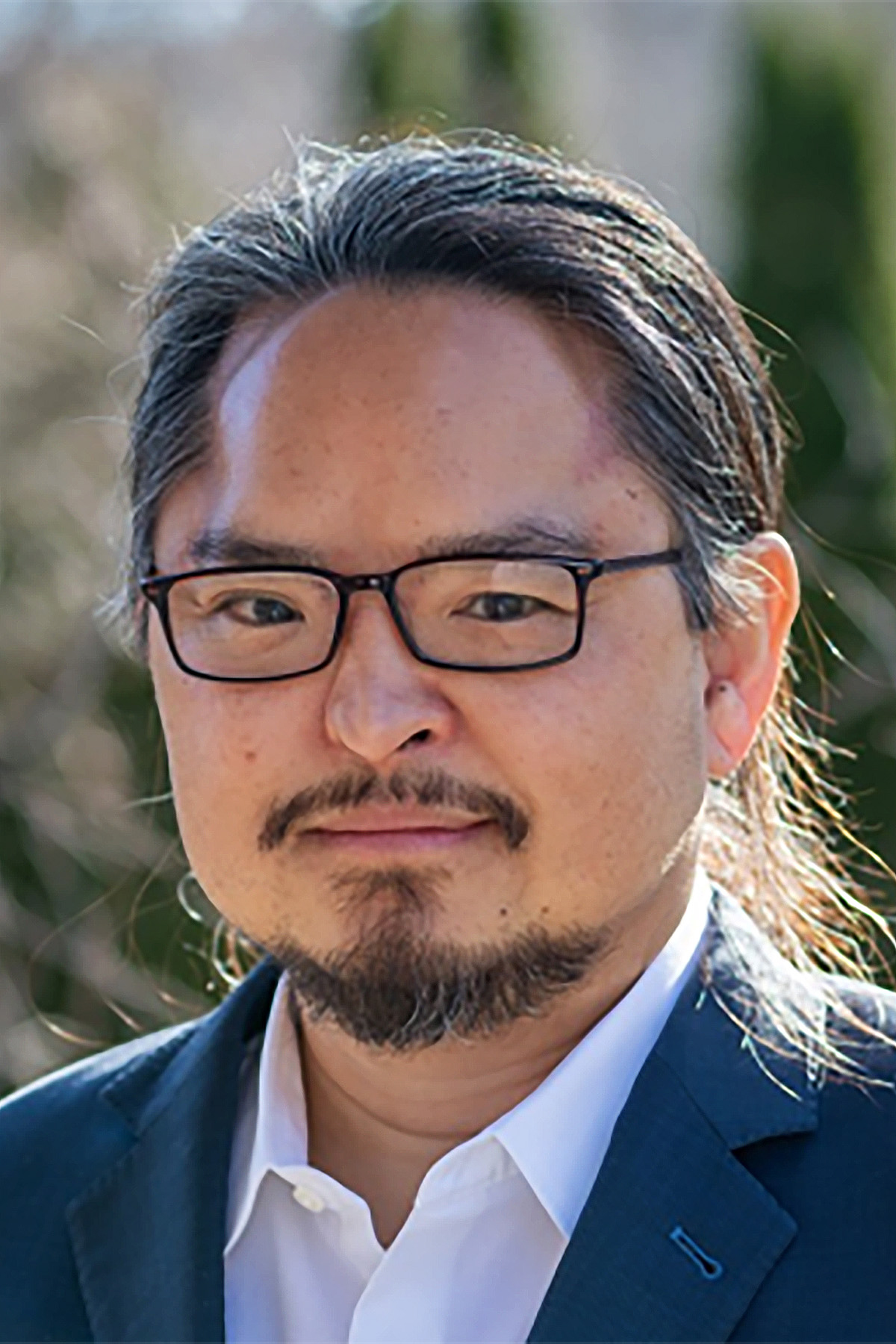
Anthony D. Ong, PhD - Professor of Psychology in the College of Human Ecology Director of the Center for Integrative Developmental Science and Human Health Labs at Cornell University
Positive Emotions as a Source of Resilience in Later Life
Aging is characterized by inevitable changes in cognitive and physiological functioning. However, the impact of these changes varies considerably among individuals.
Resilience and vulnerability, which develop over the life course, play a crucial role in shaping the aging experience. In this talk, I focus on what is known about positive emotions as a factor in both mental and physical health processes. Plausible mechanisms that underlie the association between positive emotions and mental and physical health are described, and illustrative studies examining these mechanisms are reviewed. Overall, findings indicate that positive emotions exert protective health effects. These findings point to new research questions that pose important challenges for future research.
Biography
Anthony D. Ong is Professor of Psychology in the College of Human Ecology and Director of the Center for Integrative Developmental Science and Human Health Labs at Cornell University. He also holds a research appointment at Weill Cornell Medicine, where he is Professor of Gerontology in Medicine. He received his Ph.D. in developmental psychology from the University of Southern California and completed his postdoctoral training in adult development and aging at the University of Notre Dame.
His research broadly focuses on the emotional determinants of health across the lifespan. A major focus involves expanding basic understanding of the behavioral and biological pathways by which positive emotions contribute to diverse health outcomes in later adulthood. Dr. Ong’s research has been supported by the National Institute of Aging, and he is the recipient of the Springer Early Career Award in Adult Development and Aging from the American Psychological Association, the Margret and Paul Baltes Early Career Award in Behavioral and Social Sciences from the Gerontological Society of America, and the Mid-Career Trajectory in Affective Science Award from the Society for Affective Science.
2024 Breakout Speakers
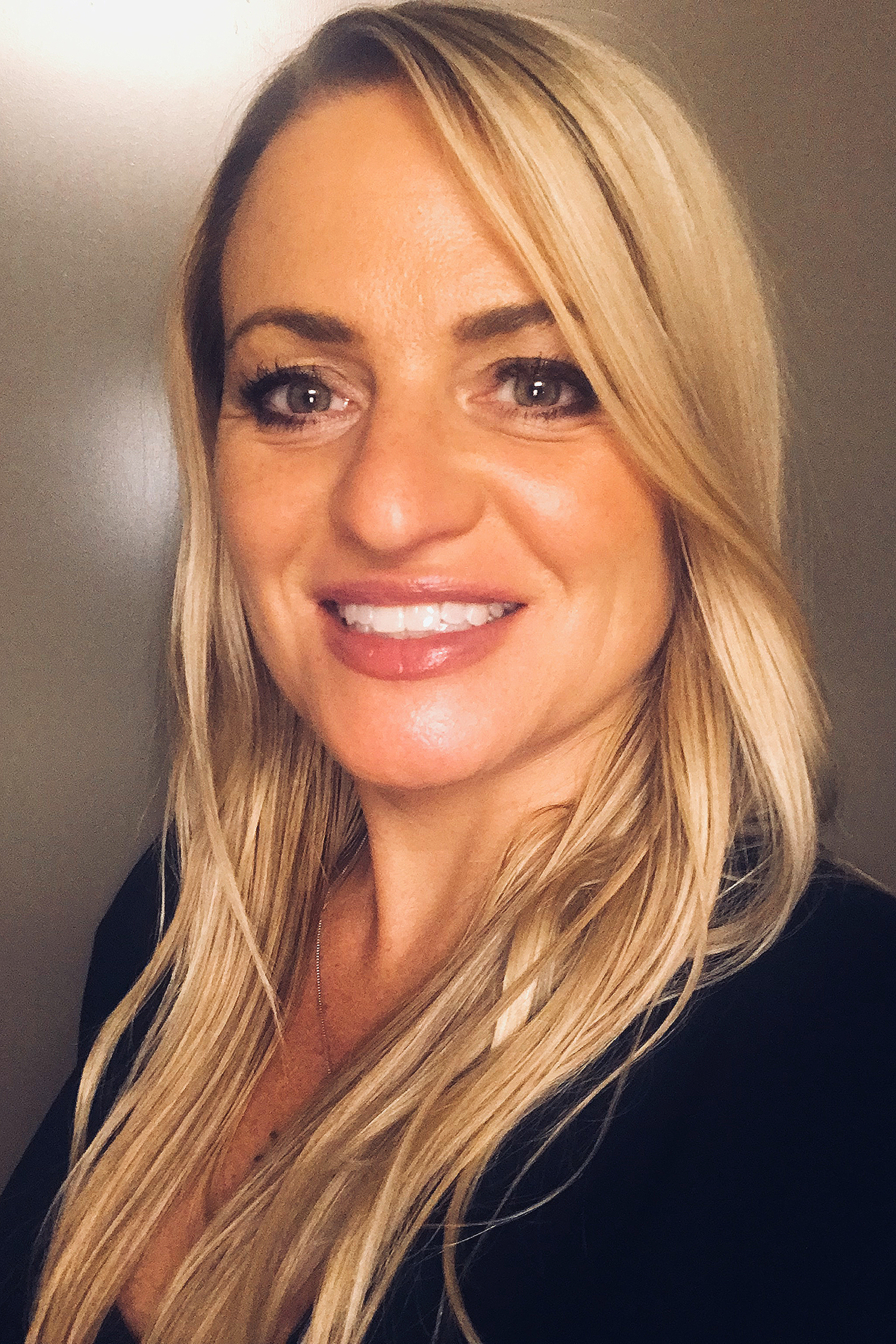
Angela Allbee, MPA - Manager, Oregon Psilocybin Services Section
Oregon Psilocybin Services: Opening New Pathways to Healing and Wellness in Oregon
Psilocybin is a psychedelic compound that occurs naturally in over 200 species of mushrooms and has been used for centuries by various indigenous and tribal communities throughout the world for spiritual, ceremonial, and other purposes. A growing body of research suggests that psilocybin may help reduce depression, anxiety, end of life distress, trauma, and excessive alcohol, tobacco, and other substance use. In 2020, Oregon voters passed the Psilocybin Services Act. Join Angie Allbee, Section Manager for Oregon Psilocybin Services, as she shares challenges and successes of implementing the Oregon Psilocybin Services Act and the creation of safe, effective, and equitable psilocybin services in Oregon. Angie will discuss how this work aligns with the Oregon Health Authority’s goal to eliminate health inequities and is part of broader efforts to advance collective public health goals, such as Oregon’s State Health Improvement Plan, Healthier Together Oregon. Although research is promising, psilocybin remains a schedule I substance under the Federal Controlled Substances Act. Audience members will walk away with a deeper understanding of the science, the history, and challenges and successes of implementing the Oregon Psilocybin Services Act while shifting from a drug policy framework rooted in the ‘War on Drugs’ to a health policy approach that holds promise for healing and wellness.
Biography
Angela Allbee joined the Oregon Health Authority Public Health Division as Oregon Psilocybin Services Section Manager after working to shape legislative policy for nearly a decade. After serving as Senior Policy Advisor for Oregon Health Authority Government Relations, she served in policy roles with the Oregon Department of Human Services, Oregon Criminal Justice Commission, Oregon House Majority Office, and Oregon Legislative Assembly. Prior to policy work in Oregon, Angela spent nearly a decade in the non-profit sector serving older adults, individuals experiencing disabilities, refugees, asylees, veterans, and survivors of domestic and sexual violence. She recently served on the Board of Advisors for the Voxapod Menstrual Equity
Project and worked with community members in rural St. Thomas, Jamaica to secure infrastructure for water through the Access to Safe Drinking Water Project. Angie received her Executive Master of Public Administration degree from the Hatfield School of Government at Portland State University.
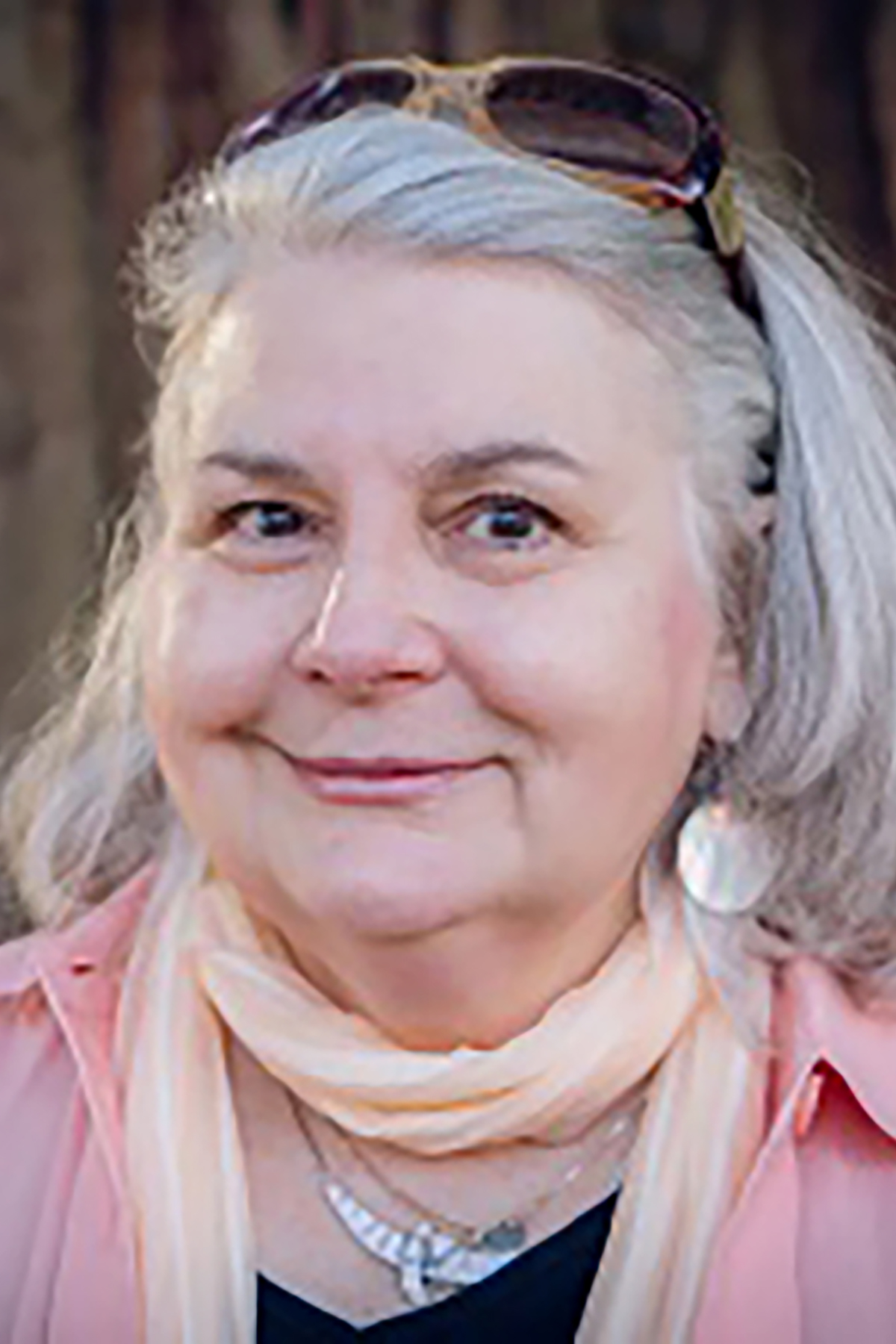
Carolyn Aldwin, PhD - Director of the Gerontology Program at Oregon State University
Resilience in Older Veterans
Military service, especially combat exposure, can have lifelong effects. Some older veterans still suffer from post-traumatic stress disorder, and others have long-term physical health problems, including traumatic brain injury, skeletal-muscular problems, cancers due chemical exposure, and hearing problems. Nonetheless, about 80% of older veterans consider themselves to be successfully aging. While some veterans have negative appraisals of their military service, most can point to positive aspects, including learning important skills, developing a sense of mastery, and making lifelong friends. We will review factors influencing vulnerability and resilience among veterans in late life.
Biography
Carolyn M. Aldwin is currently Director of the Gerontology Program at Oregon State University. She was the Jo Anne Leonard Endowed Director of the Center for Healthy Aging Research at OSU. She has served as President of the Adult Development and Aging Division of the American Psychological Association and was President of the Society for the Study of Human Development. Her overall research addresses three areas: how stress and coping processes change with age and their positive and negative effects on health and well-being; the long-term effects of trauma, especially among combat veterans; and the development of wisdom. She is currently conducting a longitudinal study on how older adults adapt to the COVID-19 pandemic. She is the author or co-author of 8 books and over 150 journal articles and chapters.
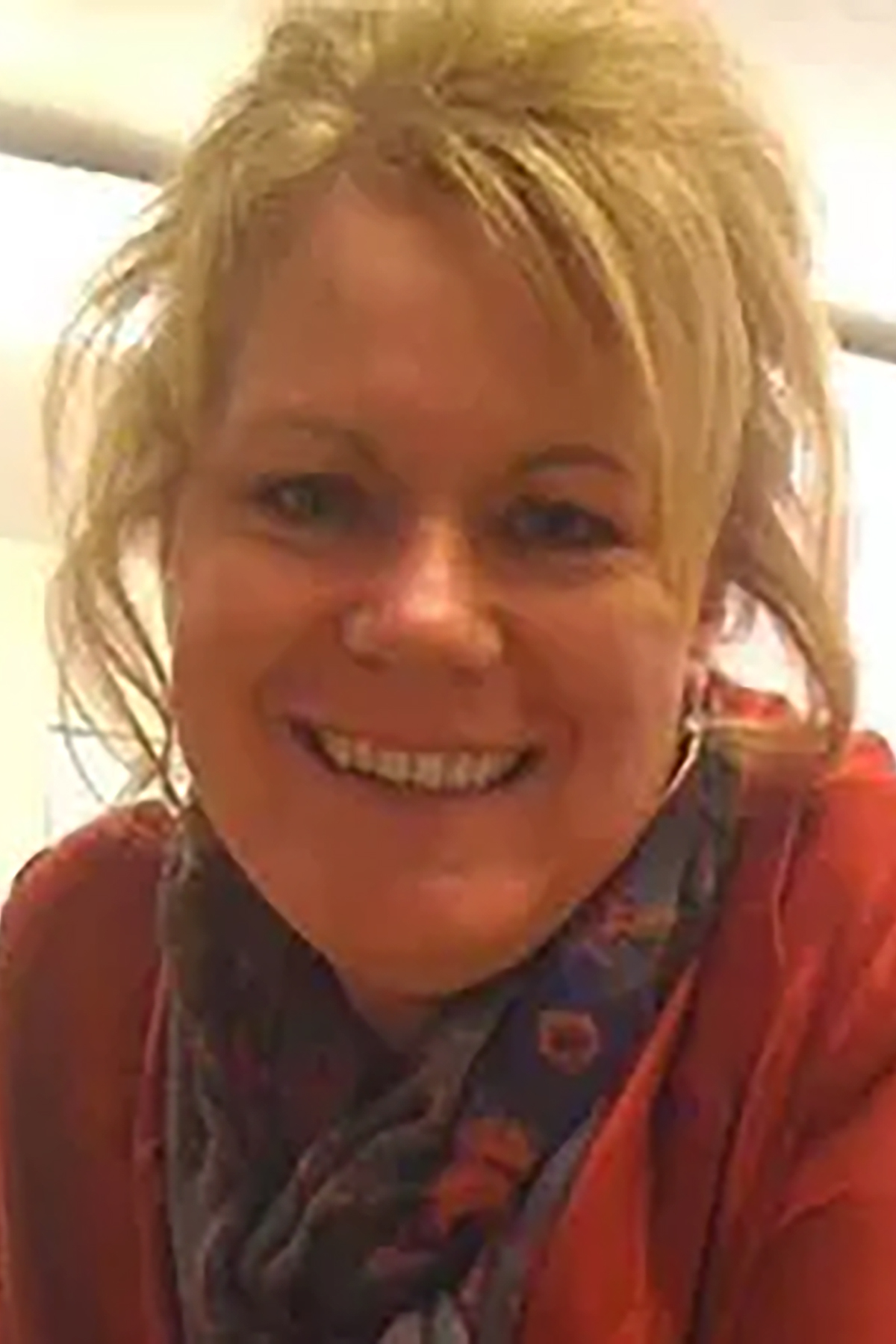
Barbara Brody, MS - Associate Professor of Practice in the College of Health, Malheur County Extension Service, Oregon State University
Promoting Equitable Access to Physical Activity Opportunities through OSU Extension
OSU Extension’s Physical Activity and Active Living (PAAL) team was established in 2017 to provide strategic support for OSU Extension to increase access and opportunity to physical activity for all Oregonians. In this session, members of the PAAL team will share information about age-friendly physical activity programming and initiatives supported through OSU Extension. We will share data about program successes and where we have identified unique challenges, such as expanding reach and improving access in rural communities. We will discuss how organizations and individuals can obtain training and resources to provide programming specific to three evidence-based programs (Better Bones and Balance, Strong People, Walk With Ease) shown to prevent frailty, improve function, reduce the risk for falls and fracture, and increase social connectedness among older adults in community settings. Visit the OSU Extension PAAL webpage to learn about the team and read our 2023 collective impact report.
Biography
Barbara Brody is an associate professor of practice at the College of Health with OSU Extension Service in Malheur County. Her primary areas of expertise include workforce development, chronic disease prevention, and resilience in early childhood. Her work in the realm of physical activity spans childhood through older adulthood. Barbara is a passionate advocate for how physical activity can mitigate many public health problems and a strategic partner in helping communities address challenges associated with program implementation and access.
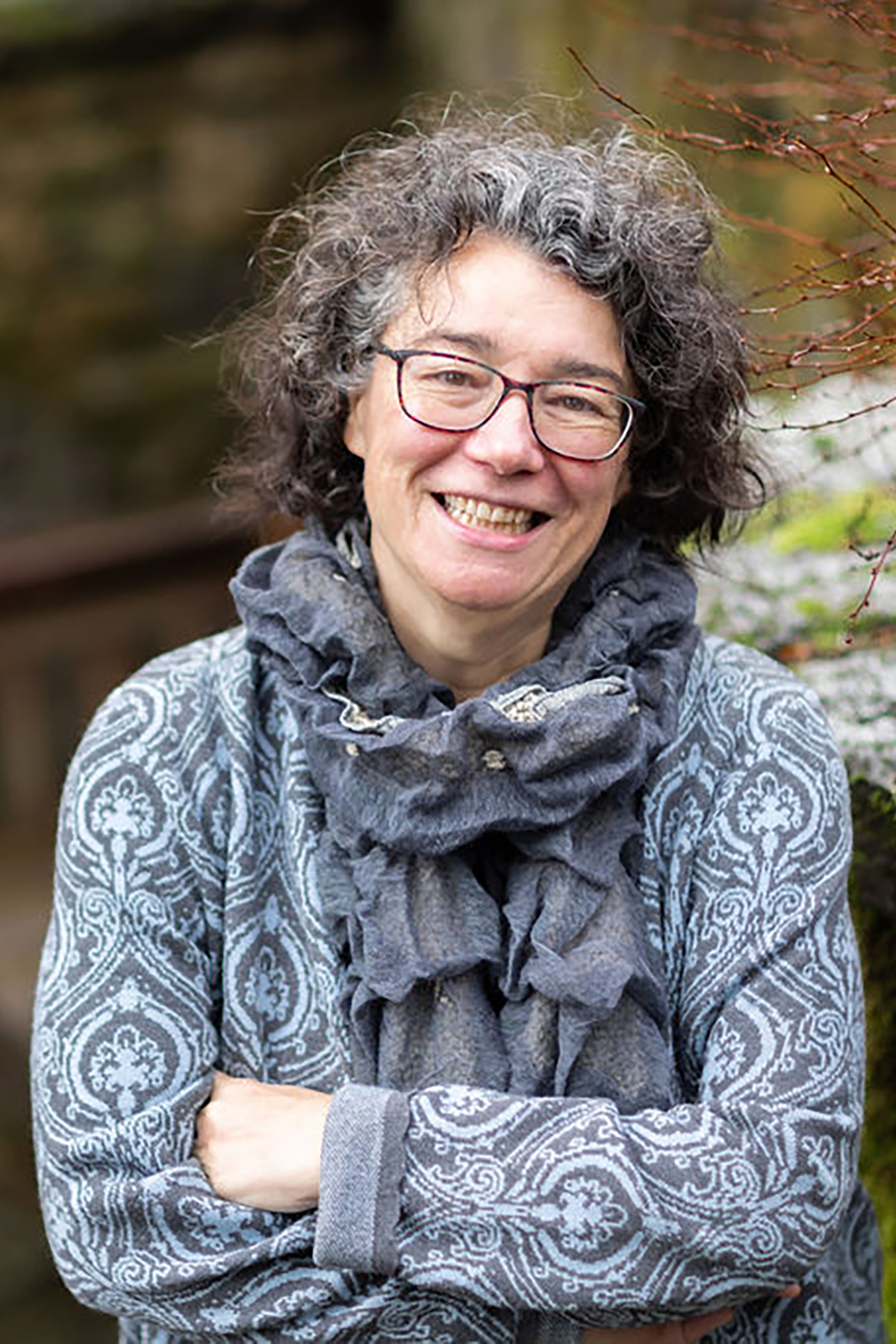
Karen Cellarius, MPH - Director of the RRI Human Services Implementation Lab at Portland State University
Share Your Vision for the Older Adult Behavioral Health Workforce in Oregon with the PSU/OHSU Center for Excellence for Aging and the Behavioral Health of Older Adults
The recently established statewide Center of Excellence on Behavioral Health for Older Adults is a PSU-OHSU collaboration emphasizing a multidisciplinary, inter-professional approach to research, practice, and workforce development. The Center will provide leadership in best practices, research, support, and training for the focus area on older adults/people with disabilities behavioral health issues and programs related to older adults and people with disabilities. Please join us to discuss the Center’s goals and share your vision for a well-prepared behavioral health workforce serving older adults in Oregon.
Biography
Karen Cellarius, MPA, is co-PI on the statewide Center of Excellence on Behavioral Health for Older Adults and director of the RRI Human Services Implementation Lab at Portland State University. She has been involved in multidisciplinary research and program evaluation since 1995, specializing in system change, behavioral health, and substance use disorders. She is currently principal investigator for OHA’s Zero Suicide in Health Systems Initiative and its Comprehensive Suicide Prevention Initiative focusing on older adults in Oregon’s rural and remote counties.

Marilyn Daily - Director of the Center 50+ for the City of Salem
Age-Friendly Communities Clinic
Interested in learning how your city, town, county or region can join the Network of Age-Friendly State and Communities? Join this session to learn about the network, tools and resources available to you to help your community become age-friendly, and hear from Oregon Age-friendly Communities on what they are doing and learning in their effort to make living and aging better.
Biography
Marilyn Daily-Blair is the director of the Center 50+ for the City of Salem, and leads the city’s Age-Friendly Salem effort. She is an experienced Director with a demonstrated history of finding creative ways to move the Age-Friendly work forward in the city. She has years of experience working in the nonprofit field. Marilyn earned a bachelor’s degree in Public Policy Administration, Sociology, Aging and Maturing from Western Oregon University.
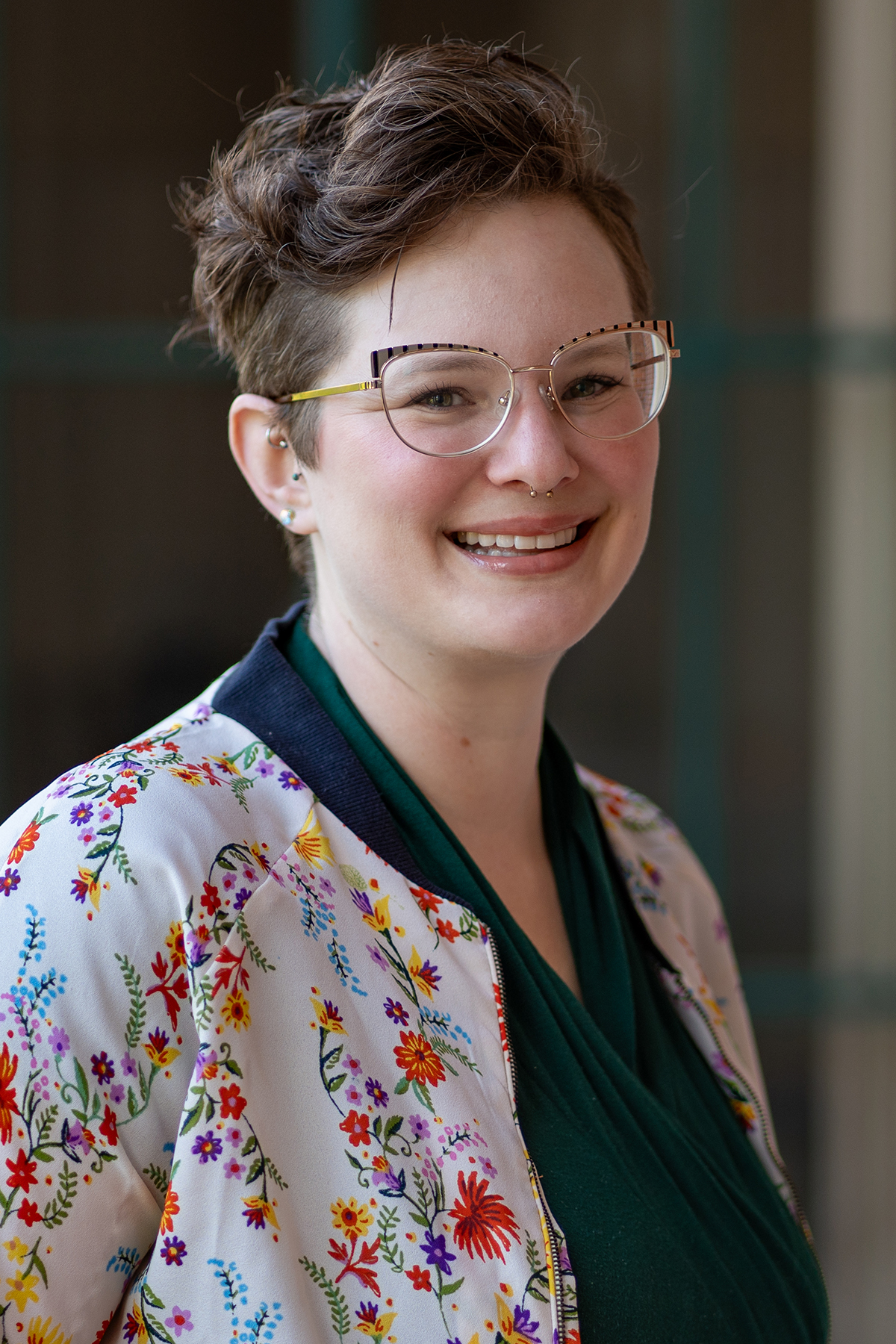
Jessica Dietch, PhD - Assistant Professor in the School of Psychological Science at Oregon State University
Sleep Health and Aging
Healthy sleep is an essential part of healthy aging, yet it can be illusive. As people age, they tend to experience increased difficulty falling and staying asleep, as well as increased sleep fragmentation and changes in sleep architecture. But poor sleep doesn’t have to be a fact of aging! This presentation will discuss some of the essentials of sleep health and how sleep is related to physical and mental health. We will also discuss how sleep changes across the lifespan and some strategies for maintaining healthy sleep in the context of aging.
Biography
Dr. Jessee Dietch is an assistant professor in the School of Psychological Science at Oregon State University, where she directs the Sleep Health Assessment, Intervention, and Dissemination (SHAID) Lab. She is a licensed clinical psychologist and certified in Behavioral Sleep Medicine. Her primary research and clinical interests center on cognitive-behavioral interventions for sleep health problems like insomnia, nightmares, and shift work disorder.
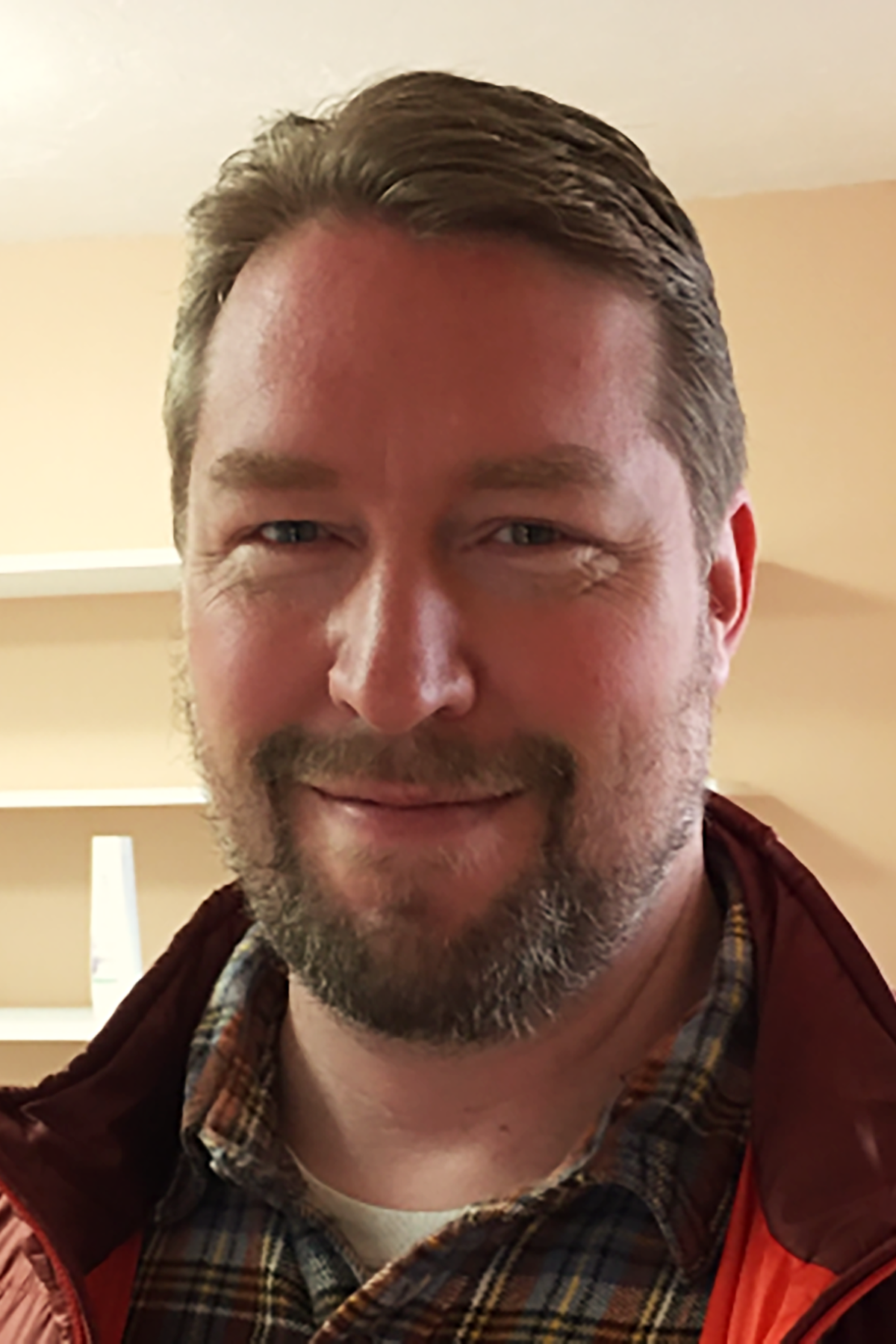
Christopher R Eilers, MA, LPC - Lane County Health and Human Services Department Older Adult Behavioral Health Specialist
The Impact of Loneliness and Social Isolation on Older Adults
Defining and describing the impact of social isolation and loneliness in the older adult population while Identifying ways to screen for social challenges. We will define “social fitness” as an essential part of a global health assessment and identify why loneliness is an entity with profound clinical implications. We will also discuss the protective influence of social connections while identifying resources and interventions that promote the development of healthy and supportive relationships.
Trauma-Informed Care
This presentation will examine the process of becoming a trauma-informed organization through the recognition that trauma impacts the way in which individuals approach healthcare and social services. We will explore the physiological and psychological mechanisms of this impact, as well as interventions and supports that promote healing. We will also discuss policies and procedures that ensure a trauma-informed approach to services.
Biography
Christopher has earned a Bachelor of Science in Zoology from Oregon State University, a Masters of Arts in Teaching from Pacific University, and a Masters of Arts in Counseling from Bushnell University. He is currently recognized by the State of Oregon as a Licensed Professional Counselor.
Christopher began his career in Behavioral Health Services in 2005 at the Center for Family Development, providing individual and family therapy to adolescents with co-occurring disorders. Next, he served adults identified with SMI at Lane County Behavioral Health by providing individual and group therapy, as well as case management. In 2011, he transitioned to an administrative and leadership role when he joined Lane Care, an organization responsible for managing the Behavioral Health system for Medicaid recipients in Lane County. He joined the Older Adult Behavioral Health Initiative in 2016.
Since joining the OABH Initiative, Christopher has been certified by many training organizations including: Mental Health First Aid, Connect Suicide Prevention/Post-vention, W.I.S.E., The Alzheimer’s Association, Trauma Informed Oregon, PEARLS, and the Crisis Prevention Institute.
As an educator, Christopher has focused on providing enlightening and relevant training to healthcare and aging services providers, as well as to the community at large. He has also been directly involved in the development of curriculum that presents new information and ideas about mental health and aging to a variety of healthcare providers and community members. He continues to integrate new evidence and approaches into improving the lives of older adults and people with disabilities.
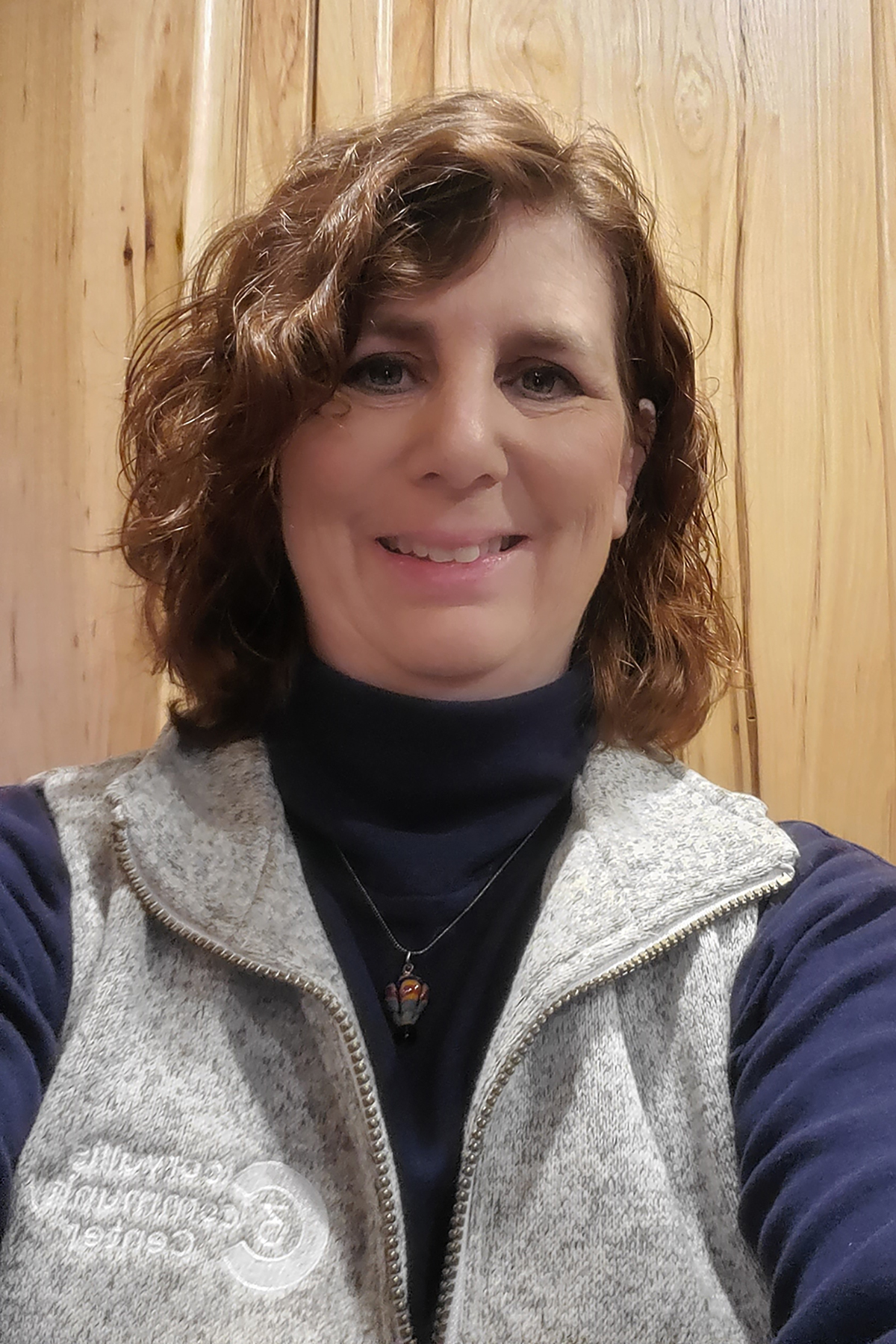
Terri Fackrell - Recreation & Community Services Supervisor, City of Corvallis Parks & Recreation Department
Creating Community Through Play
Play is a basic human need. Organizations who provide social and playful opportunities positively impact the lives of older adult communities. Learn how community organizations such as Corvallis Parks and Recreation are reducing social isolation, creating access to activities, and enhancing qualify of life for older adults. Learn how we use partnerships, innovative funding, and recreational programming to cultivate an age-friendly community. Presenters: Terri Fackrell, Recreation & Community Services Supervisor and Megan Rice, Senior Administrative Specialist from Corvallis Parks & Recreation Department.
Biography
With over 30 years of experience as a recreation professional, Terri Fackrell is a well-versed, award-winning presenter. In her career, she has served individuals from 0-100 years of age as well as providing programming and leadership in sports, aquatics, outdoor recreation, and life-long learning sectors. She is passionate about the benefits of parks and recreation for all members of society. Through participation in recreation activities, park, trails, and open spaces individuals experience positive social, emotional, physical and community strengthening benefits.
Terri has presented at a variety of conferences and workshops including the 21st Century Community Learning Center National Conference, Oregon After School Network state conference, Oregon Recreation and Parks Association conferences and National Recreation & Parks Association (NRPA). She has written articles for the National Parks & Recreation Association Magazine and the Oregon Parks & Recreation Association Magazine. Most recently, she worked with the NRPA/CDC on the Electronic Health Referral Pathway Project to increase engagement of older adults into Arthritis-Appropriate, Evidence-Based Interventions and CDC-recognized physical activity programs.
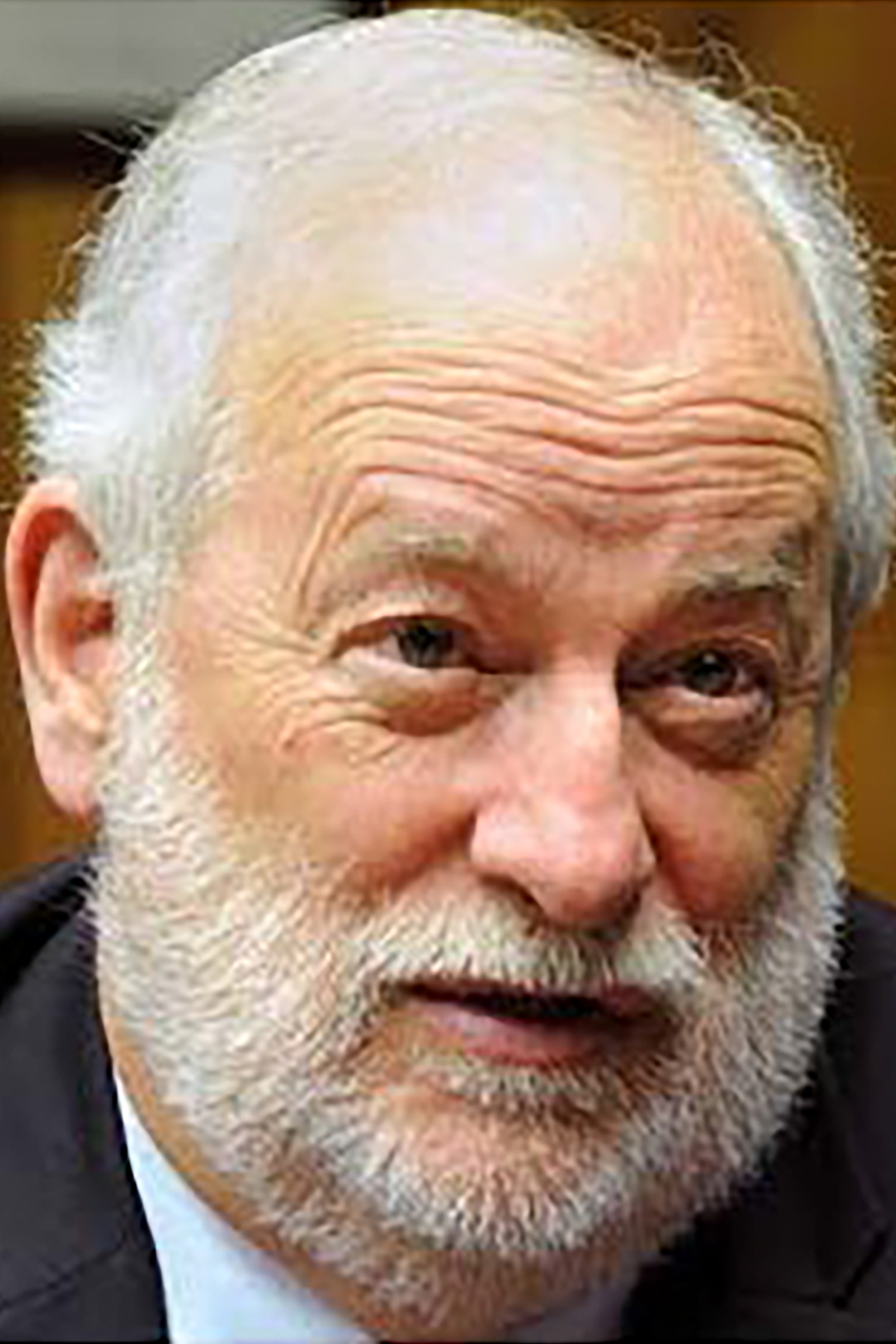
David Grube, MD - National Medical Director, Compassion and Choices
Medical Aid in Dying
A Healthy Aging-Friendly Community honors individual autonomy, valid information, social support, and respect and comfort for those near the end of life. Medical Aid in Dying (MAID) is an end-of-life option that has been legal for more than 25 years. In this session, the requirements for MAID, its components, and data from the Oregon Health Authority will be presented, as well as associated medical ethics, barriers to access, and controversies.
Biography
David Grube was born in Eugene and raised in rural Oregon and Alaska. He graduated cum laude from Lewis and Clark College and received his MD from the University of Oregon Medical School (now OHSU). He did his internship in Tucson, AZ, and subsequently was an enlisted officer in the USPHS, NHSC for five years. He founded Philomath Family Medicine in 1977 and practiced there for 35 years before retiring in 2012, during which time he regularly taught medical students. He was the Oregon Academy of Family Physicians Doctor of the Year in 1986, and the Oregon Medical Association Doctor-Citizen of the Year in 2009. He was on the Oregon Board of Medical Examiners (now Oregon Medical Board) from 2001-2008. He has served on the Board of Directors and the Ethics Committee of Lumina Hospice (formerly Benton Hospice Service). He was the National Medical Director for Compassion and Choices from 2015-2021, and has lectured on end of life issues, including medical aid in dying, to numerous medical schools and organizations around the US.
He and his wife Lynn (RN) have three children and five grandchildren. They sing in a local Threshold Choir, and he volunteers as a driver for Dial-A-Bus. His hobbies are travel, writing, and music.
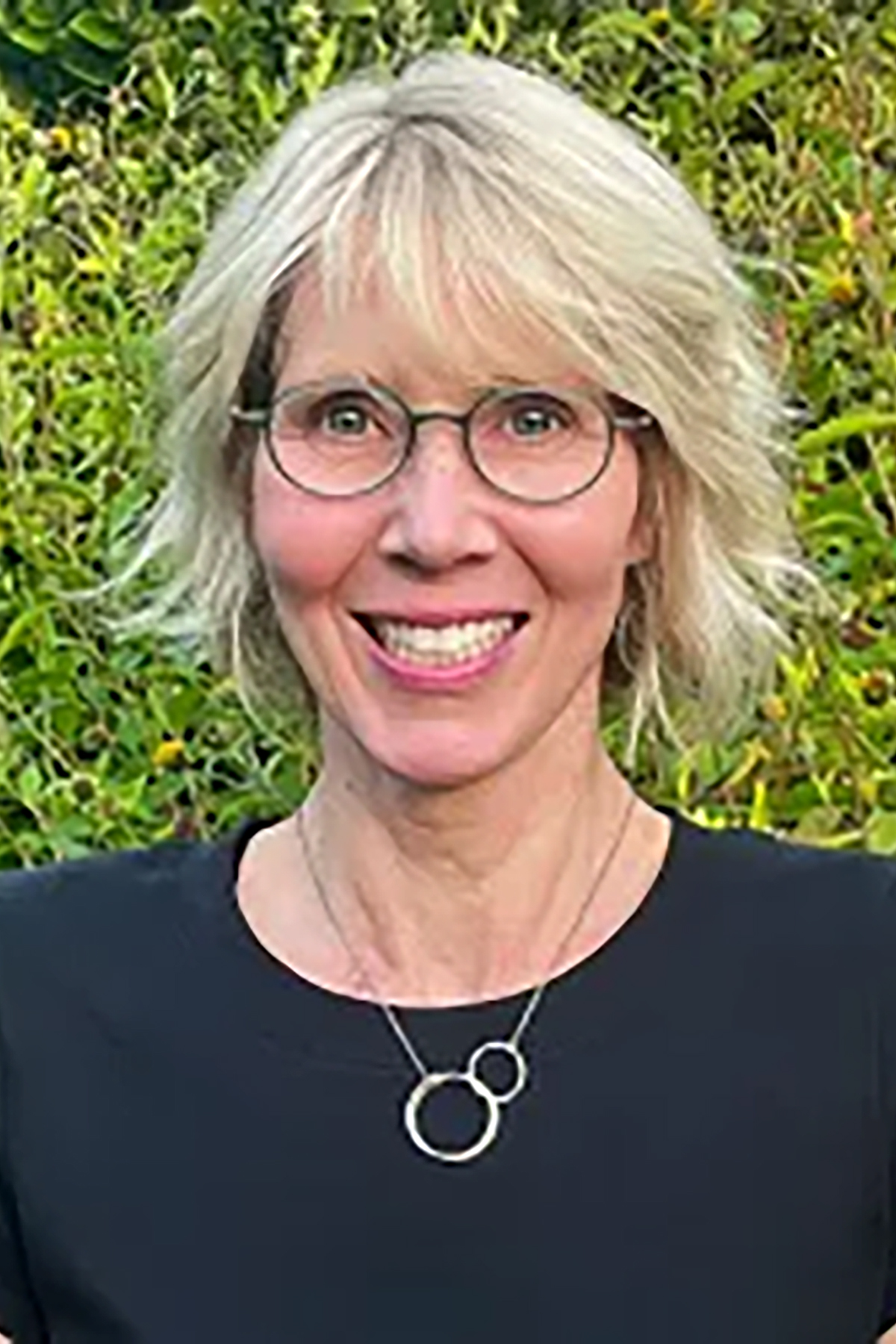
Kathy Gunter PhD - OSU Professor and Extension Specialist, Extension Family and Community Health Program, College of Health, Oregon State University
Promoting Equitable Access to Physical Activity Opportunities through OSU Extension
OSU Extension’s Physical Activity and Active Living (PAAL) team was established in 2017 to provide strategic support for OSU Extension to increase access and opportunity to physical activity for all Oregonians. In this session, members of the PAAL team will share information about age-friendly physical activity programming and initiatives supported through OSU Extension. We will share data about program successes and where we have identified unique challenges, such as expanding reach and improving access in rural communities. We will discuss how organizations and individuals can obtain training and resources to provide programming specific to three evidence-based programs (Better Bones and Balance, Strong People, Walk With Ease) shown to prevent frailty, improve function, reduce the risk for falls and fracture, and increase social connectedness among older adults in community settings. Visit the OSU Extension PAAL webpage to learn about the team and read our 2023 collective impact report.
Biography
Kathy Gunter is a Professor in Extension Family and Community Health (FCH) and the School of Exercise, Sport, and Health Sciences in the College of Health (COH) at Oregon State University (OSU). Her work emphasizes the translation of research to practice with the goal of increasing physical activity behaviors and improving health outcomes across the lifespan. She does this by working with stakeholders to develop and adapt innovative programs, policies, systems, and environments. Dr. Gunter’s work stimulates community engagement and produces evidence-based solutions to make it easier for people to engage in health promoting behaviors.
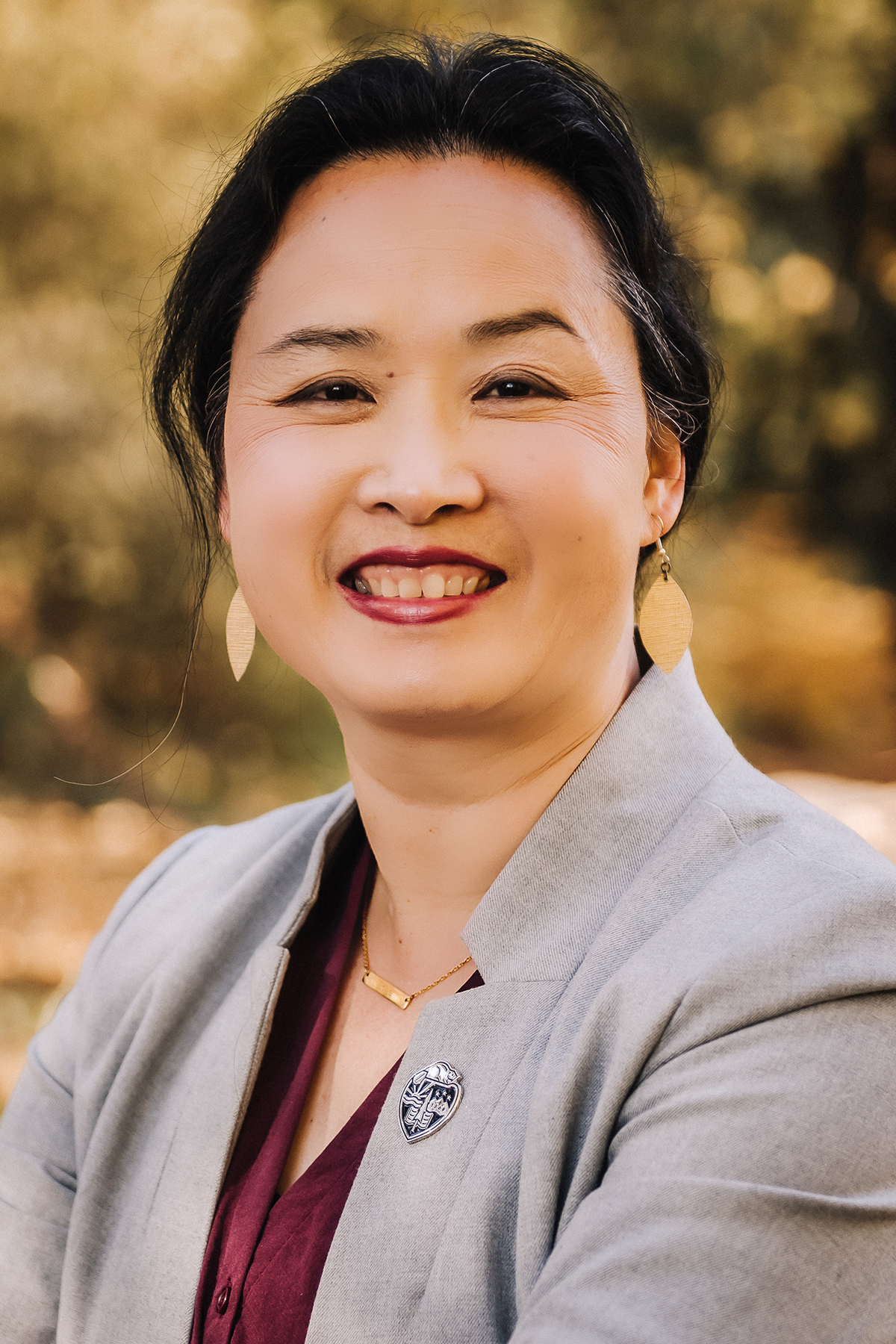
Emily Ho, PhD - Endowed Chair and Director of the Linus Pauling Institute, and OSU Distinguished Professor of Nutrition, in the College of Health at Oregon State University
Aging Well and Optimal Health: Role of the Micronutrients
It has become clear that nutrition plays a critical role in maintaining human health. Nutrients play critical roles as fuel for our cells and bodies, and co-factors, signaling molecular and structure for thousands of biological and cellular processes. However, as the population is living longer lives, the focus of nutrition on supporting our essential health has begun to transition to an emerging focus on nutrition in supporting our optimal health. Now more than ever in our history – our population’s health has emerged as a global priority. For example, in US, the number of older adults is projected to increase by almost 18 million. This means by 2030, 1 in 5 Americans is projected to be 65 years old and over. As the major risk factor for many chronic illnesses is age, it is anticipated that the rates of all age-related diseases, especially chronic diseases will skyrocket, potentially overwhelming the health care system. There is a critical need to help find solutions to optimize our health across the lifespan to support healthspan. The Linus Pauling Institute promotes pathways to optimal health. Micronutrients play a vital role in that goal. Learn more about the LPI’s research on healthy aging and what our researchers are finding out about the role of vitamins and minerals in supporting optimal health as we age.
Biography
Emily Ho, PhD is the Endowed Chair and Director of the Linus Pauling Institute, and OSU Distinguished Professor of Nutrition, in the College of Health at Oregon State University. Dr. Ho obtained her BS in Nutritional Sciences at the University of Guelph, Ontario, Canada, obtained her doctorate in Nutrition Sciences at Ohio State University in 2000. After a postdoctoral fellowship with Dr. Bruce Ames, at the University of California, Berkeley, she joined the nutrition faculty and the Linus Pauling Institute at Oregon State University in 2003. Her research focuses on understanding the mechanisms by which nutrient status and healthy foods affect the initiation and/or progression of chronic diseases.
An important strength to her approach in her research is maintaining a mechanistic focus on diet/environment interactions and encouraging to work in multi-disciplinary teams to facilitate the translation of cellular mechanistic studies to impact human populations. Her work has helped drive dietary requirements and recommendations for micronutrients such as zinc for communities with susceptibility to poor nutrition. She also has strong interest in phytochemicals derived from cruciferous vegetables in cancer prevention. She has strong commitment to engaging and facilitating nutrition and diet-focused translational research projects with basic scientists, clinicians, policy-makers and communities, and involving experiential learning with students and postdoctoral researchers.
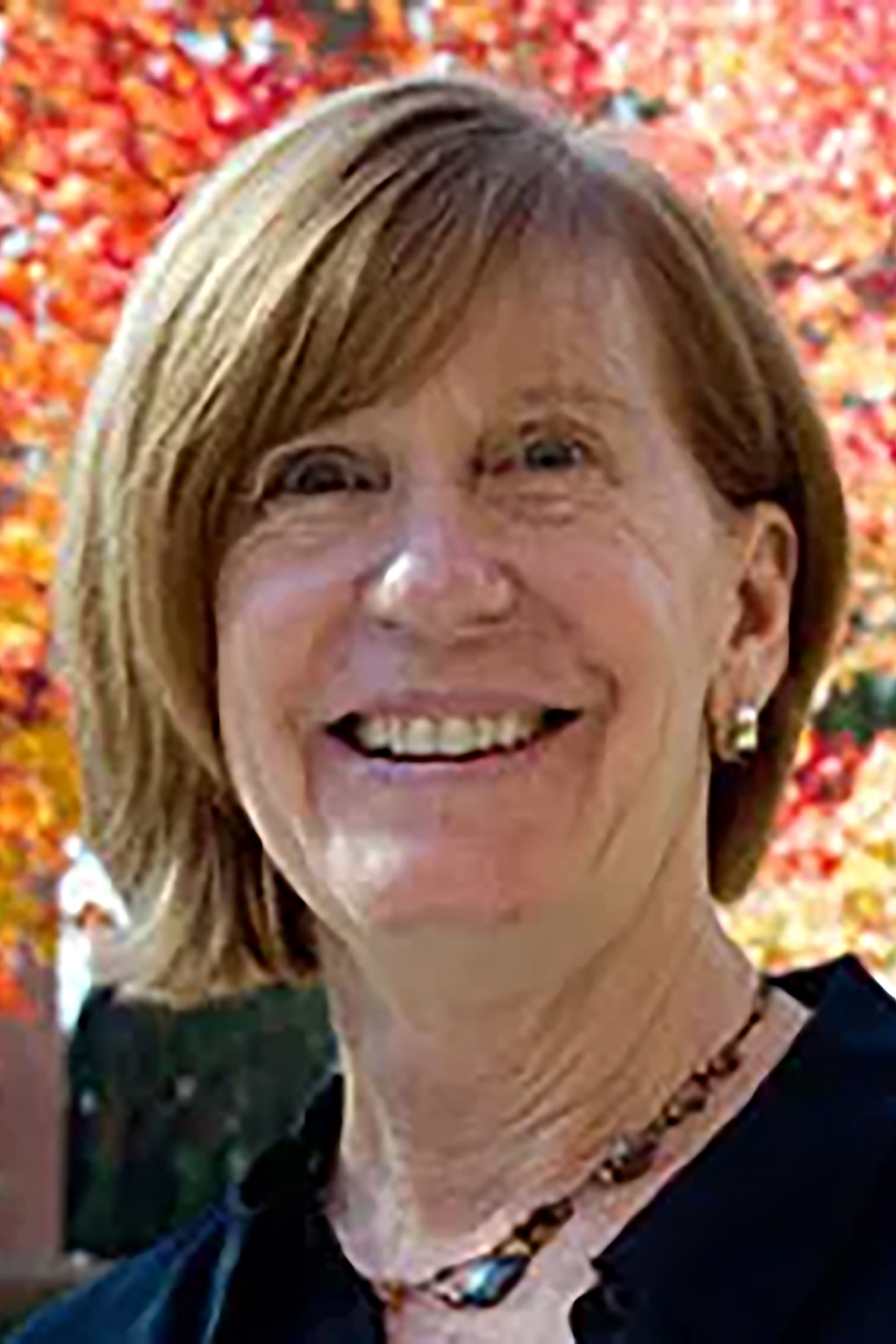
Deborah H. John, PhD - Professor of Kinesiology in the School of Exercise, Sport, and Health Sciences and Extension Specialist for Healthy Aging Equity and Place in the College of Health at Oregon State University
10 Things to Know About the Physical Activity Guidelines Midcourse Report: Implementation Strategies for Older Adults
The Physical Activity Guidelines for Americans 2023 Midcourse Report highlights strategies to increase physical activity among older adults in key settings and reinforces the amount and types of physical activity older adults need. The report highlights effective implementation strategies that professionals, as well as others working with older adults, can implement wherever older adults spend their time — including in community, health care, and home settings. These strategies include policy, systems, and environmental approaches; behavior change; and physical activity programs.
Biography
Deborah H. John is a Professor of Psychosocial-Behavioral Kinesiology in the School of Exercise, Sport, and Health Sciences and an Extension Specialist for Healthy Aging Equity and Place in the College of Health. Her recent research endeavors include systematic review of a decade of evidence on physical activity in older adults (2012-2022) and physical activity research applying an equity framework (2010-2020). She has a B.S. in Health and Physical Education, a M.S. in Health, Exercise Science, and a PhD in Health and Human Performance, Psychosocial-Behavioral Kinesiology, with a doctoral minor integrating women studies, gerontology, and public health from Oregon State University (2003). Returning to Oregon State University in 2009 as Public Health faculty in county Extension, she partnered to engAGE Clackamas County adults in participatory research to elucidate age-friendly features of the urban and rural communities where they resided.
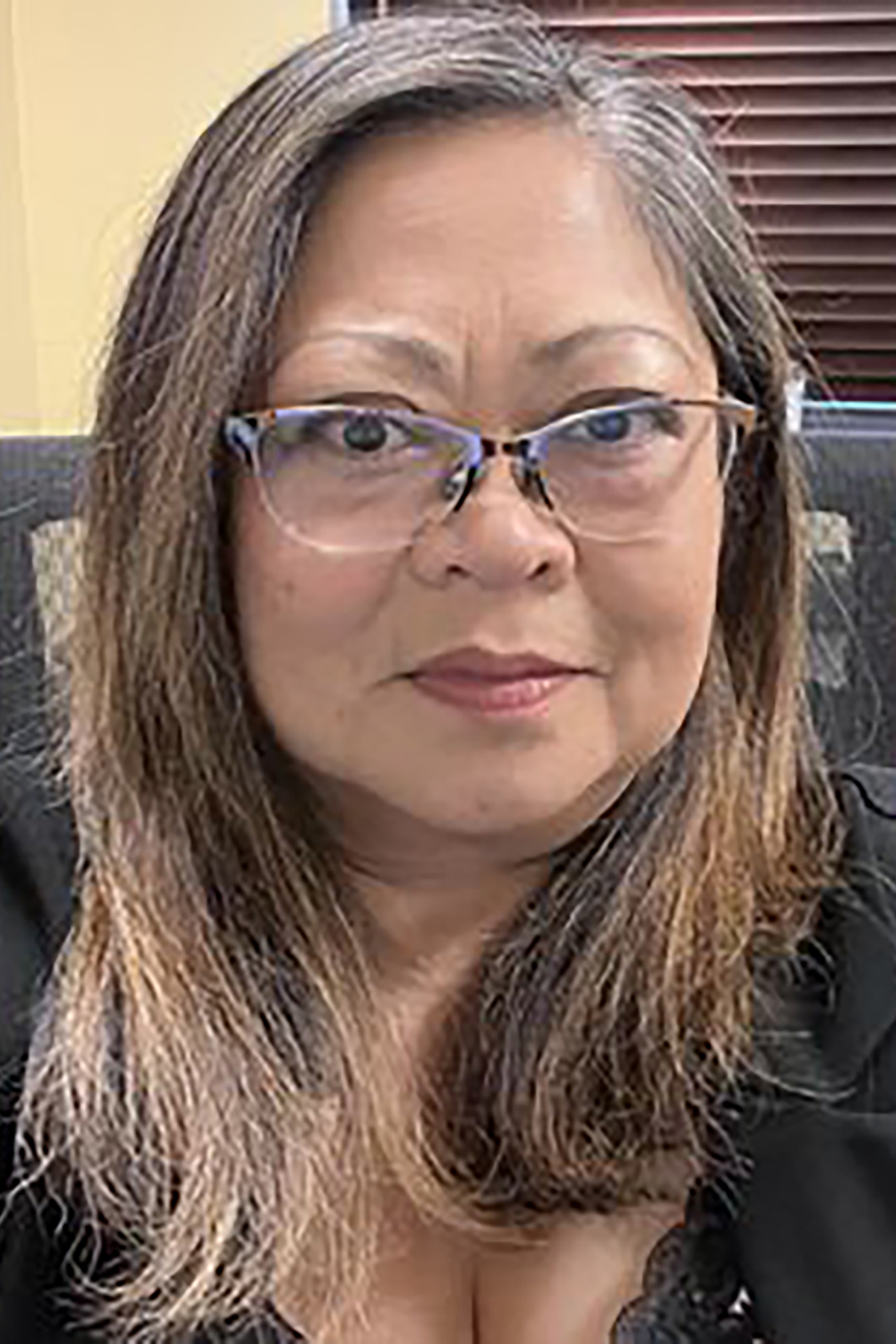
Sharlane Keener - Oregon Veterans' Home Lebanon Program Director
Serving and Honoring Aging Veterans in Oregon
The Aging Veteran Services (AVS) Division is a program within the Oregon Department of Veterans Affairs that was established to address the needs of our aging veteran population and their families. Currently more than 50% of Oregon veterans served during WWII, Korea and Vietnam eras, and by 2027 it is projected that 55% of Oregon Veterans will be over 65. AVS advocates for aging veterans as well as assists with accessing related benefits and resources. This session will provide an overview of some of the resources available to aging veterans through the AVS, with a focus on the two state Veterans Homes. These award-winning homes provide an environment that supports and honors veterans.
Biography
Sharlane Keener is the Program Director for the Oregon Veterans’ Home in Lebanon. Sharlane has worked for ODVA since 2016 as a Trust Officer Assistant in the Conservatorship program, and Representative Payee. Sharlane has a degree in Health Administration, and before ODVA, she worked for Family Programs at ORANG. She has a background in healthcare as a CNA in nursing homes, hospital and retail pharmacy technician, Registered Massage Therapist, and Director of Massage Therapy at a busy multidisciplinary rehab clinic in Toronto. Her familiarity with the military and Veterans began as a Navy Spouse. She is happy she can now combine her healthcare experience and veteran advocacy experience to serve Veterans at the Lebanon Veterans’ Home.
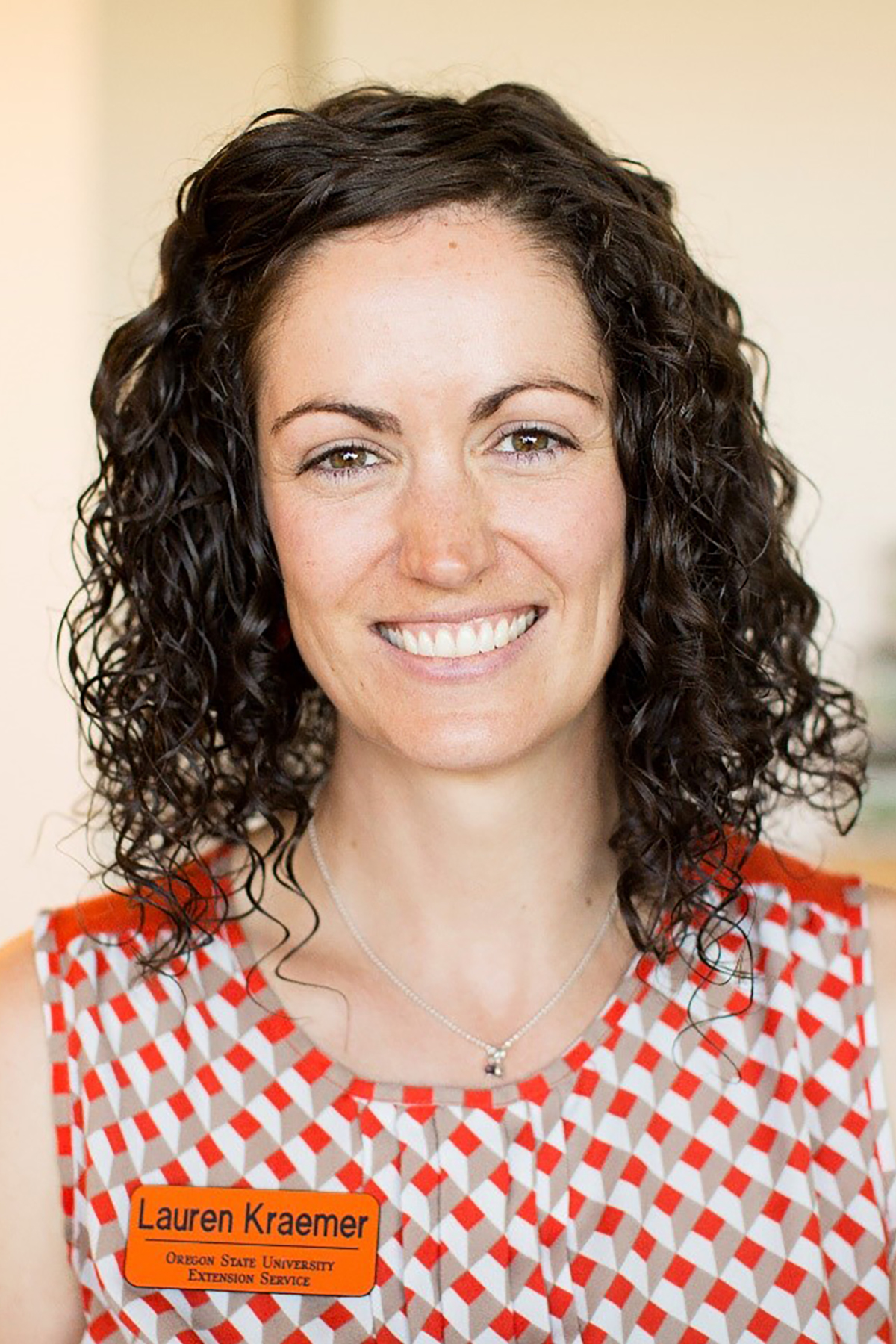
Lauren Kraemer, MPH - Associate Professor of Practice in the College of Health with Oregon State University Extension Service
Promoting Equitable Access to Physical Activity Opportunities through OSU Extension
OSU Extension’s Physical Activity and Active Living (PAAL) team was established in 2017 to provide strategic support for OSU Extension to increase access and opportunity to physical activity for all Oregonians. In this session, members of the PAAL team will share information about age-friendly physical activity programming and initiatives supported through OSU Extension. We will share data about program successes and where we have identified unique challenges, such as expanding reach and improving access in rural communities. We will discuss how organizations and individuals can obtain training and resources to provide programming specific to three evidence-based programs (Better Bones and Balance, Strong People, Walk With Ease) shown to prevent frailty, improve function, reduce the risk for falls and fracture, and increase social connectedness among older adults in community settings. Visit the OSU Extension PAAL webpage to learn about the team and read our 2023 collective impact report.
Biography
Lauren Kraemer is an Associate Professor of Practice in the College of Health with OSU Extension Service in Hood River and Wasco Counties. Lauren’s work in chronic disease prevention overlaps with the nutrition and physical activity education and programs she provides alongside her role as the Statewide Ambassador and master trainer for the StrongPeople™ Program. Lauren is a systems thinker and passionate about understanding how to make connections between people and programs to help address complex public health challenges in an equitable, trauma-informed, and inclusive way.
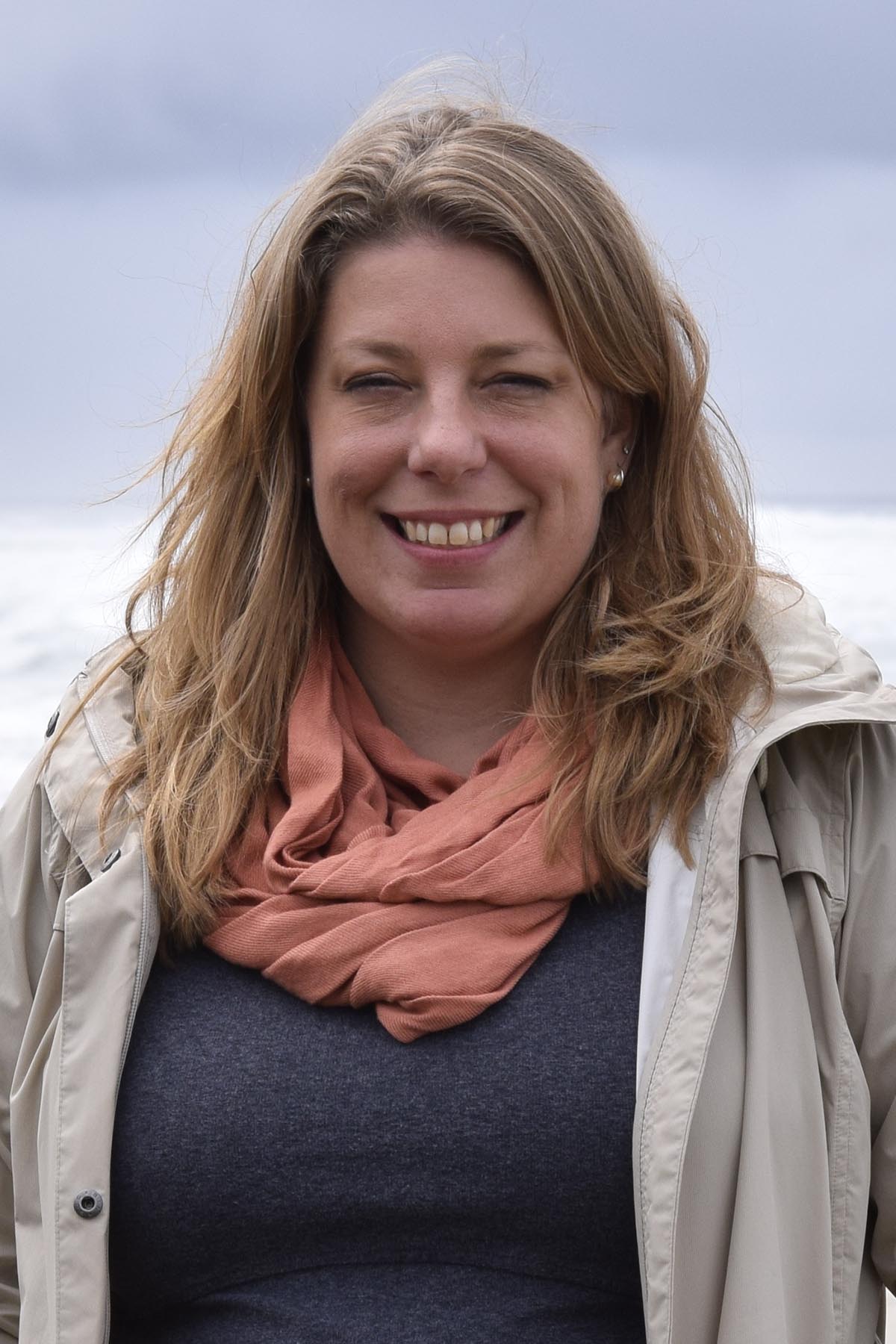
Dusti Linnell, PhD - Associate Professor of Practice, Extension Family and Community Health Program, College of Health, Oregon State University
Key Strategies for Promoting Nutritional Health in Older Adulthood for Individuals and Communities
Older adults in Oregon have increased risks for malnutrition, food security, and related health issues. Factors include individual characteristics like financial status, health status, and diminished mobility, but also include community-level factors that affect access and availability of food and food assistance programs. This presentation will share findings from research projects in urban and rural settings in Oregon. It will highlight where there are opportunities to address these factors through individual support and community-level interventions, with recommendations for applying evidence-based approaches utilizing multi-level strategies, including nutrition education, policies, community food systems, physical environments, and social marketing.
Biography
Dr. Dusti Linnell is an associate professor of practice with the OSU Extension Family & Community Health Program, serving the Oregon Coast in Tillamook and Lincoln Counties. She provides health education and technical support to communities to promote health and wellbeing. Dr. Linnell has been conducting community nutrition research and implementing interventions to improve nutrition-related health outcomes for 15 years. This work has included projects in a variety of communities with diverse audiences. Recently, she led two projects related to improving nutritional health of older adults, including qualitative research to understand the circumstances, values, attitudes, and needs of older adults participating in the Commodities Supplemental Food Program and replicated that work with Black and African American adults in the Portland/Metro area. Dr. Linnell earned a PhD in Nutritional Biology and a bachelor’s degree in Nutrition Science from the University of California, Davis.
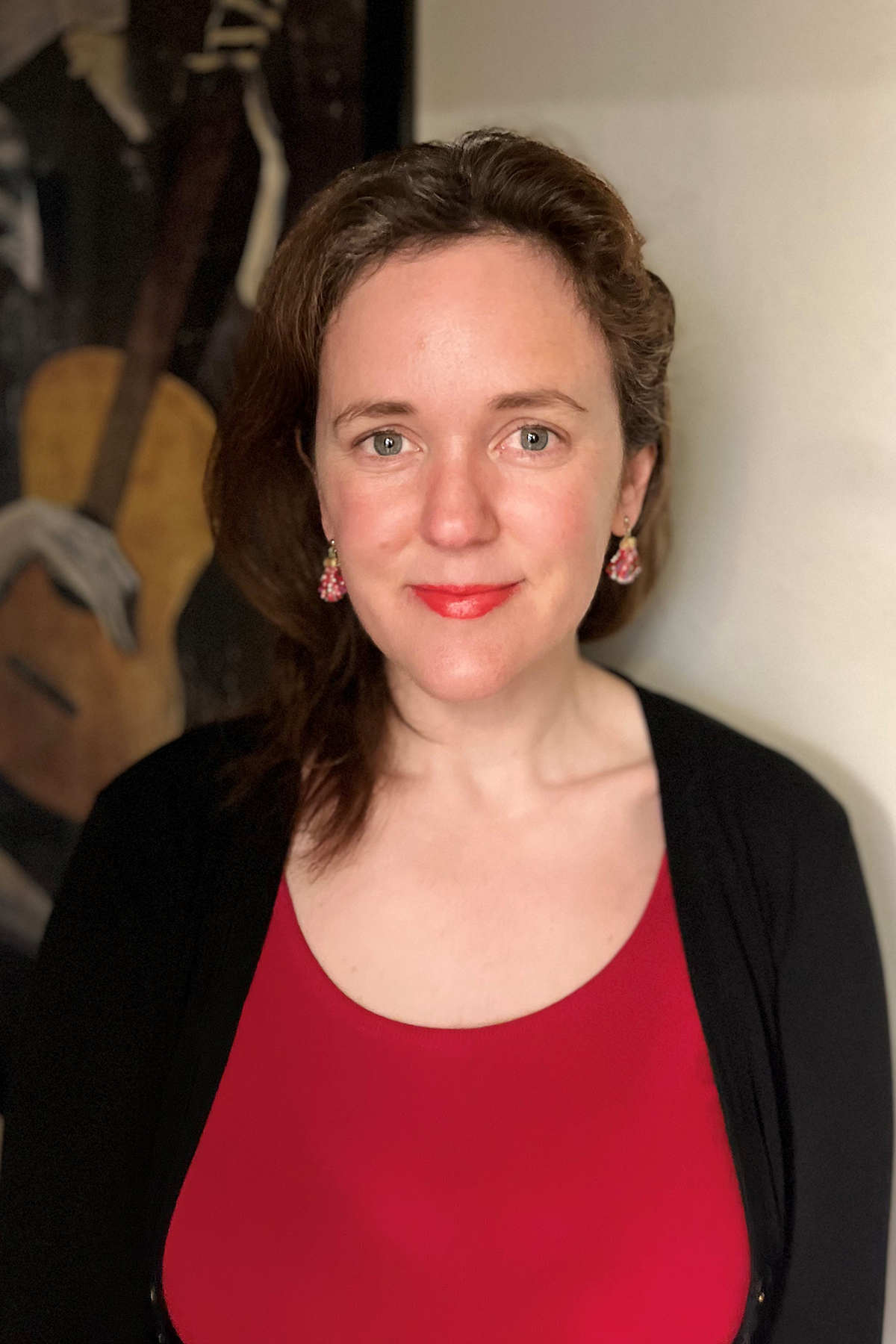
Megan Rice - Senior Administrative Specialist at Corvallis Community Center, City of Corvallis Parks & Recreation Department
Creating Community Through Play
Play is a basic human need. Organizations who provide social and playful opportunities positively impact the lives of older adult communities. Learn how community organizations such as Corvallis Parks and Recreation are reducing social isolation, creating access to activities, and enhancing qualify of life for older adults. Learn how we use partnerships, innovative funding, and recreational programming to cultivate an age-friendly community. Presenters: Terri Fackrell, Recreation & Community Services Supervisor and Megan Rice, Senior Administrative Specialist from Corvallis Parks & Recreation Department.
Biography
Megan Rice is currently a Senior Administrative Specialist at Corvallis Community Center, where she coordinates many of Corvallis Parks and Recreations’ Older Adult social programs,. She brings 20 years of experience working closely with senior populations in assisted living centers, retirement communities, and community centers. She believes strongly that humans need and deserve to have fun at any age. She is the 2023 recipient of the Oregon Parks and Recreation Associations Senior and Older Adult Recreation Outstanding Facility Staff Award. A 2009 graduate of University of Oregon, she spent her early adulthood working in the fields of international education and tourism both domestically and aboard. Now back in her hometown of Corvallis, Megan strives to promote health and recreation to older adults in a community she cares deeply about.
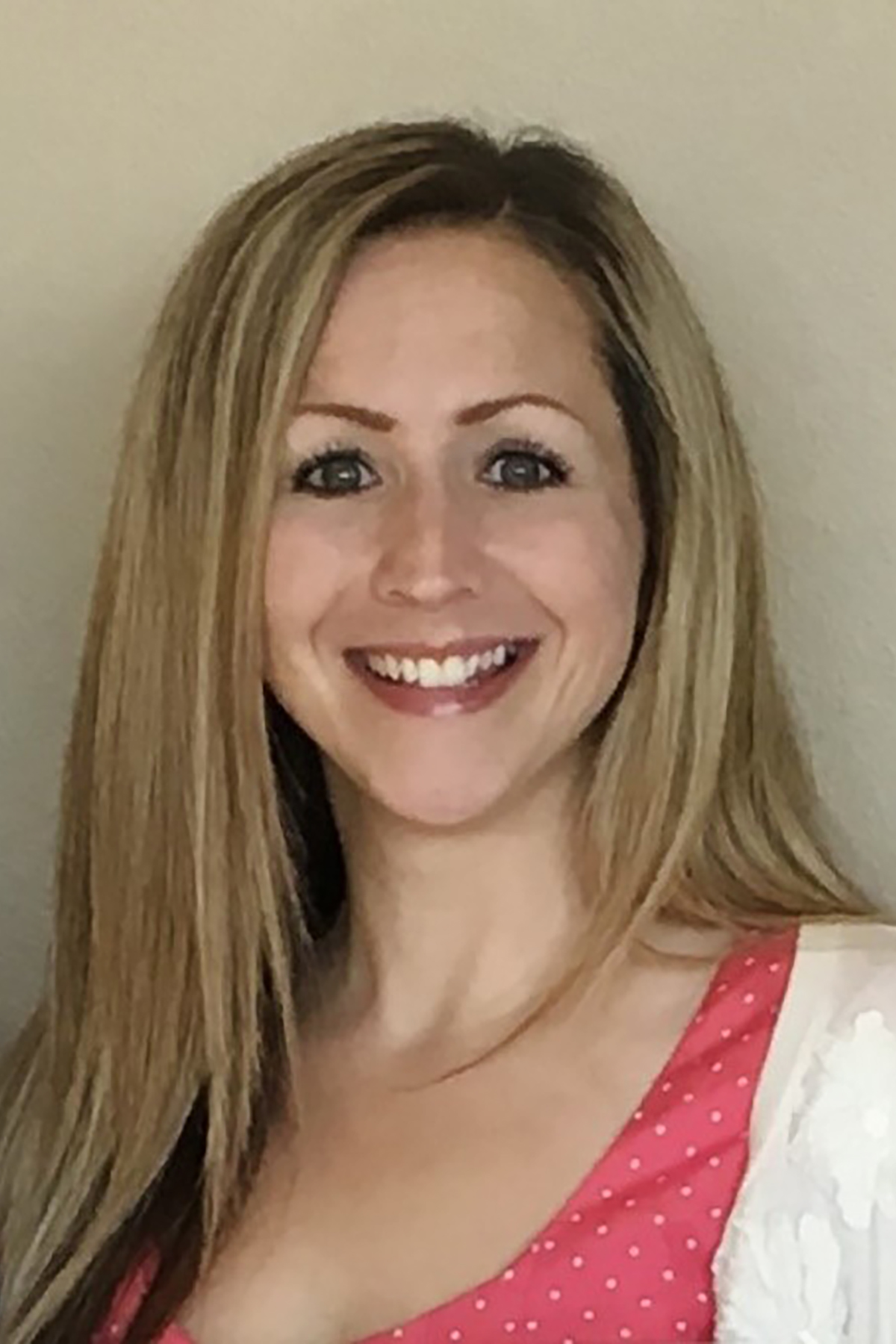
Carolyn Scarbrough - Director of The Marion Polk Food Share Meals on Wheels
Meals On Wheels: It’s More Than Just a Meal
The Marion Polk Food Share Meals On Wheels program focuses on the health, independence and social well-being of seniors and adults with disabilities in the Salem and Keizer area (Meals on Wheels is a nationwide program). Through community partnerships of over 275 volunteers, Northwest Seniors and Disability Services, dedicated employees and donors they can provide over 30,000 meals a month to their clients. Each meal delivery is also an opportunity to do a wellness check on our clients. The ongoing focus and goal of Meals on Wheels is to provide as many nutritious meals as possible to the more vulnerable groups (seniors and adults with disabilities) with low-income status and homebound. The Meals on Wheels team continues to build new and stronger connections with health agencies, hospitals, case managers and social workers to increase awareness of food availability in the Salem/Keizer area.
Biography
Carolyn Scarbrough is the compassionate leader behind Marion Polk Food Share’s Meals on Wheels program in Salem, Oregon. Equipped with a Bachelor’s of Science Degree in Public Health with a focus on Gerontology from Oregon State University, Carolyn brings over two decades of experience in senior and disability care within community-based settings. Licensed as a Residential Care Administrator in Oregon for 14 years, Carolyn’s transition to the non-profit sector signifies her commitment to supporting vulnerable seniors and individuals with disabilities. Her mission is clear: to ensure that every member of our community receives the nutritional support they need to maintain independence at home.
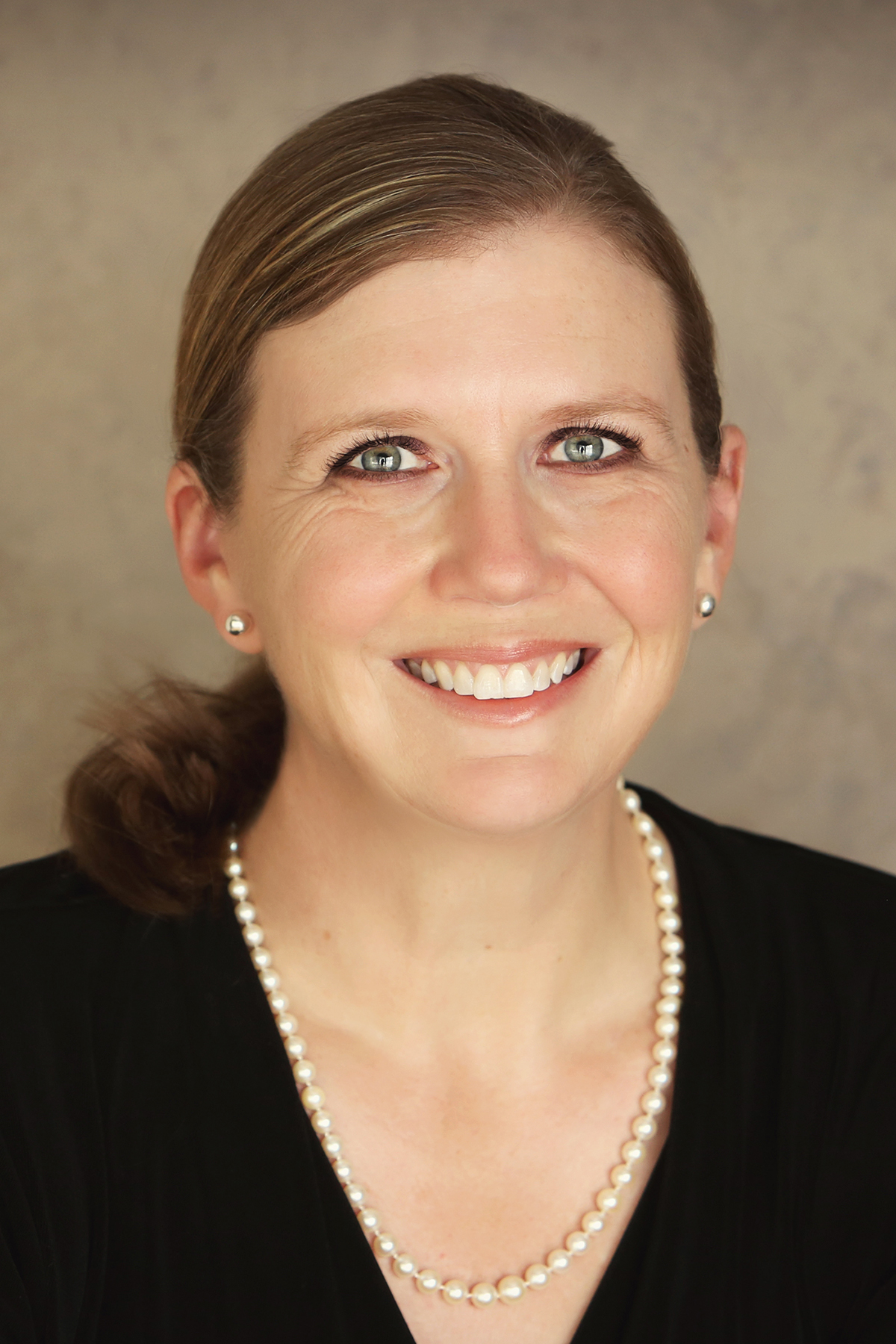
Suzanne C. Segerstrom, PhD, MPH - Jo Anne Leonard Petersen Chair of Gerontology and Family Studies and the co-Director of the Center for Healthy Aging Research at Oregon State University
Stress, Psychology, and the Aging Immune System
As we age, the immune system changes both in terms of its content (what kind of cells) and its function (what it can do). However, there are psychological and behavioral factors that can speed up immunological aging, protect against its effects, or synergize with each other to affect immunity. Among community-dwelling, healthy adults over the age of 60, psychological and behavioral factors affected vaccine response, systemic inflammation, and cellular age. This presentation will give an overview of aspects of immunological aging and show how psychology, behavior, infections, and the immune system interact with each other in older age.
Biography
Suzanne C. Segerstrom is the Jo Anne Leonard Petersen Chair of Gerontology and Family Studies and the co-Director of the Center for Healthy Aging Research at Oregon State University. Her current research includes investigations into the relationships between personality and psychological and physical health, especially immune function, in older adults. She has a B.A. with majors in Psychology and Music from Lewis and Clark College in Portland, Oregon, where she was named the 2004 Outstanding Young Alumna. She received her M.A. and Ph.D. degrees in Psychology from University of California, Los Angeles and her M.P.H. in Biostatistics from University of Kentucky. She is currently Editor in Chief of the journal Psychosomatic Medicine. She lives in Corvallis with her husband and a handful of rescued spaniels.
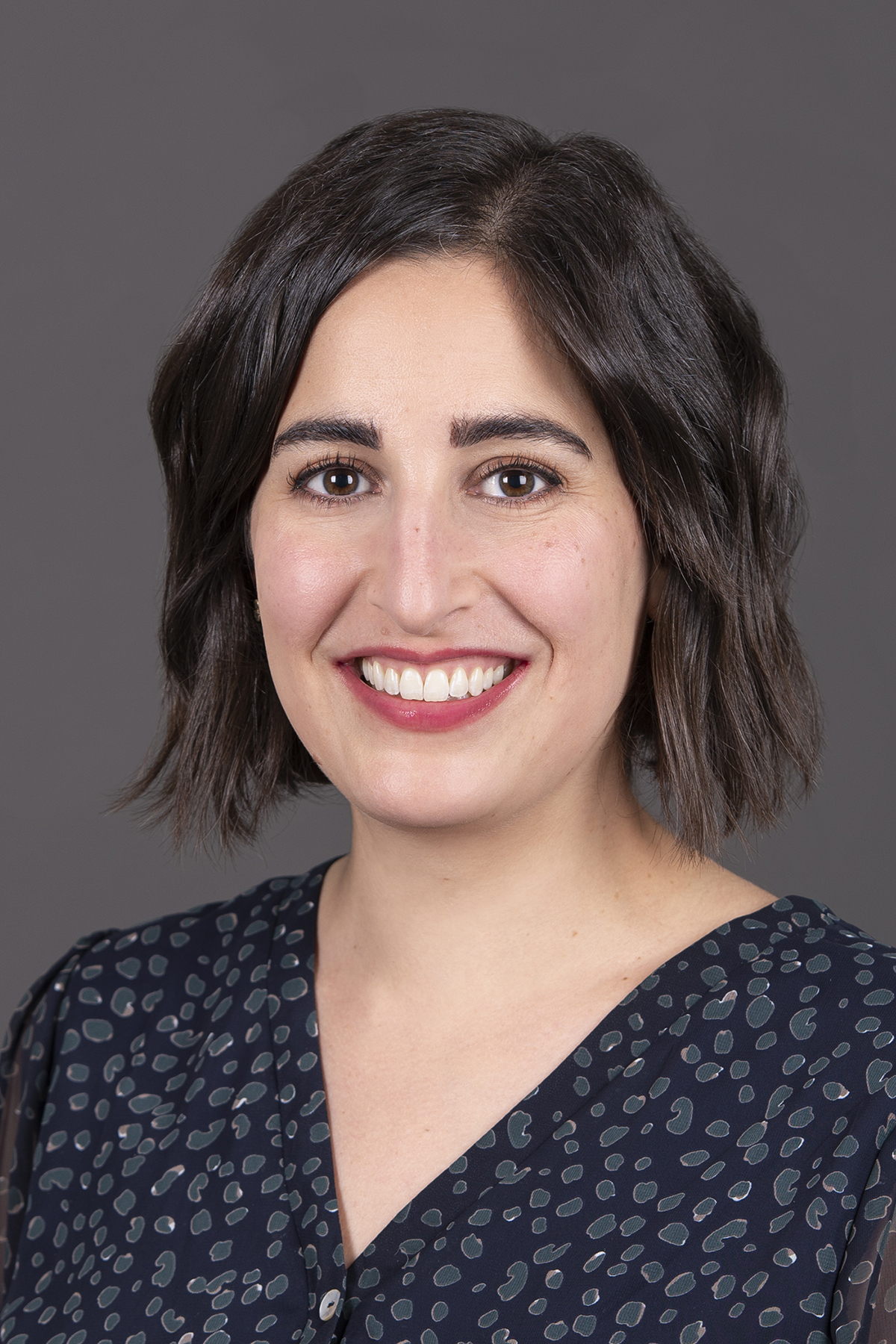
Adi Shafir, MD - Assistant Professor in Geriatrics and Palliative Medicine at Oregon Health & Science University
The Impact of Loneliness and Social Isolation on Older Adults
Defining and describing the impact of social isolation and loneliness in the older adult population while Identifying ways to screen for social challenges. We will define “social fitness” as an essential part of a global health assessment and identify why loneliness is an entity with profound clinical implications. We will also discuss the protective influence of social connections while identifying resources and interventions that promote the development of healthy and supportive relationships.
Biography
Dr. Adi Shafir (she/her) is an Assistant Professor in Geriatrics and Palliative Medicine at Oregon Health & Science University. She attended medical school at University of Pittsburgh School of Medicine, completed Internal Medicine residency at University of Pittsburgh Medical Center and a combined geriatrics and palliative care fellowship at University of California San Francisco. She is a native Californian but has been living in Oregon since 2021. She practices outpatient palliative care at OHSU and teaches medical students.
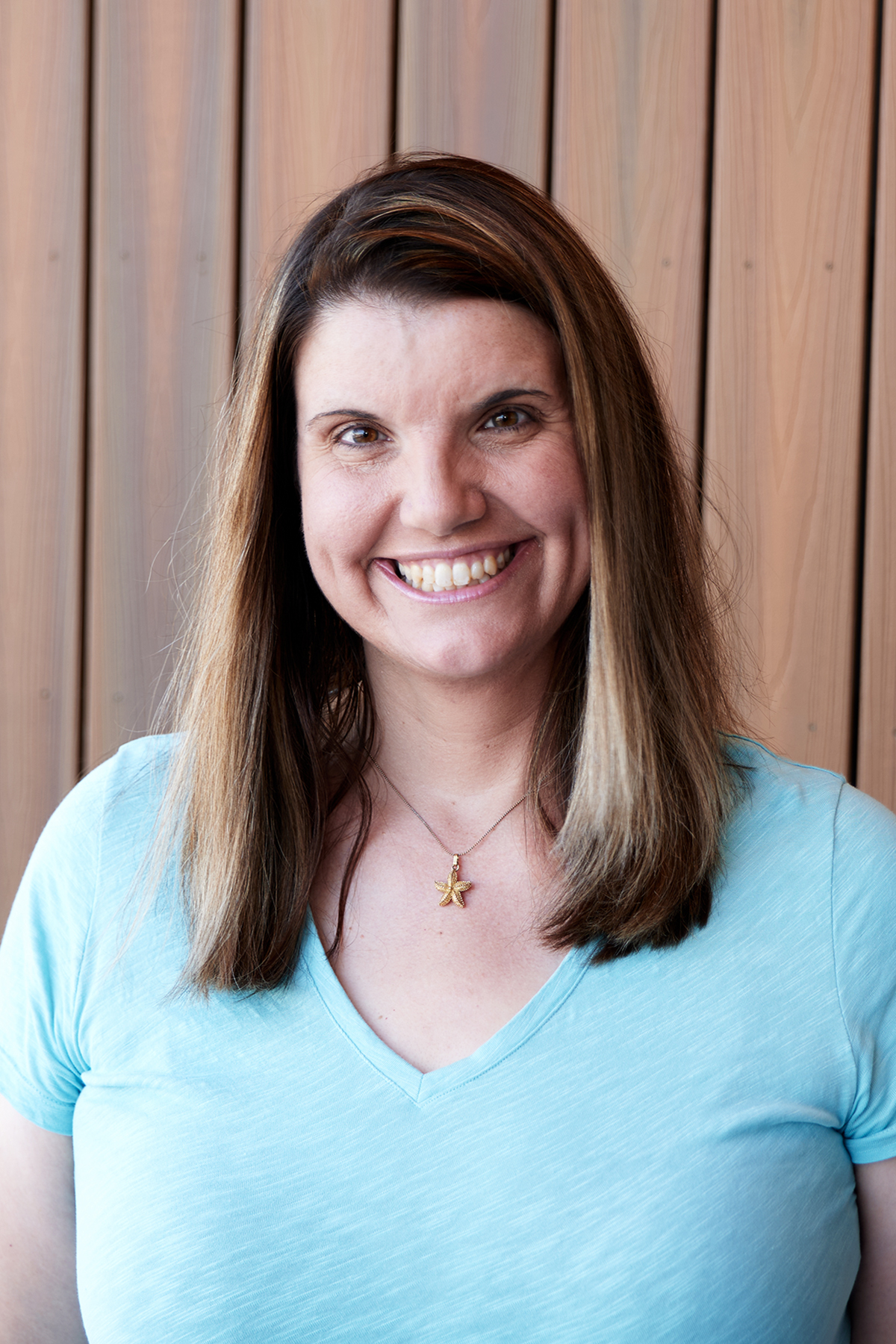
Jennifer Smith - Community Liaison Klamath Hospice and Palliative Care
Power of Purpose and Connection in a Rural Community
The mission of Klamath Hospice and Palliative Care (KHPC) is to improve the end-of-life experience for the seriously ill and those who care about them. For 43 years, KHPC has served Klamath County and Siskiyou and Modoc Counties in California as a nonprofit organization. In 2018, we partnered with Lumina Hospice and Palliative Care in Corvallis and Care Partners in Beaverton to form the Oregon Nonprofit Hospice Association. In this session, the focus will be on the power of purpose and connection that KHPC has been able to build with seniors in its rural community. So often, seniors feel isolated or they are unsure how to socialize or stay connected through social circles. We are constantly looking for ways to create activities with the purpose of keeping our seniors engaged and connected in a variety of places including assisted living facilities, the local hospital, libraries, civic clubs, senior center, and veteran programs. Also, we will showcase the importance of volunteering, the variety of opportunities available, and how it drives our programs as well as gives seniors a sense of purpose. We’ll discuss our very successful Senior Awareness Fair and share how it offers a wide variety of information on services and resources for seniors in our rural community. Plus, I will showcase our strong partnerships with many rural resource partners. The presentation will highlight our successes, challenges, and needs throughout our rural community.
Biography
Jennifer Smith was born and raised in the Bay Area of California and received her bachelor’s degree in broadcast journalism from San Jose State University – Go Spartans! She started her career as a radio D.J. and then worked as a television producer for KTVL Channel 10 in Medford, Oregon. Jennifer moved to the Klamath Basin nearly 18 years ago to be closer to her family. She worked as a sales consultant for the local newspaper and had KHPC as a client. She has never known a stranger and always looks forward to meeting new people and hearing their stories. She fell in love with KHPC’s mission and wanted to make a difference. She feels honored to meet with patients and their families and guide them through the end-of-life process. Her motto is “Live life to the fullest every day.”
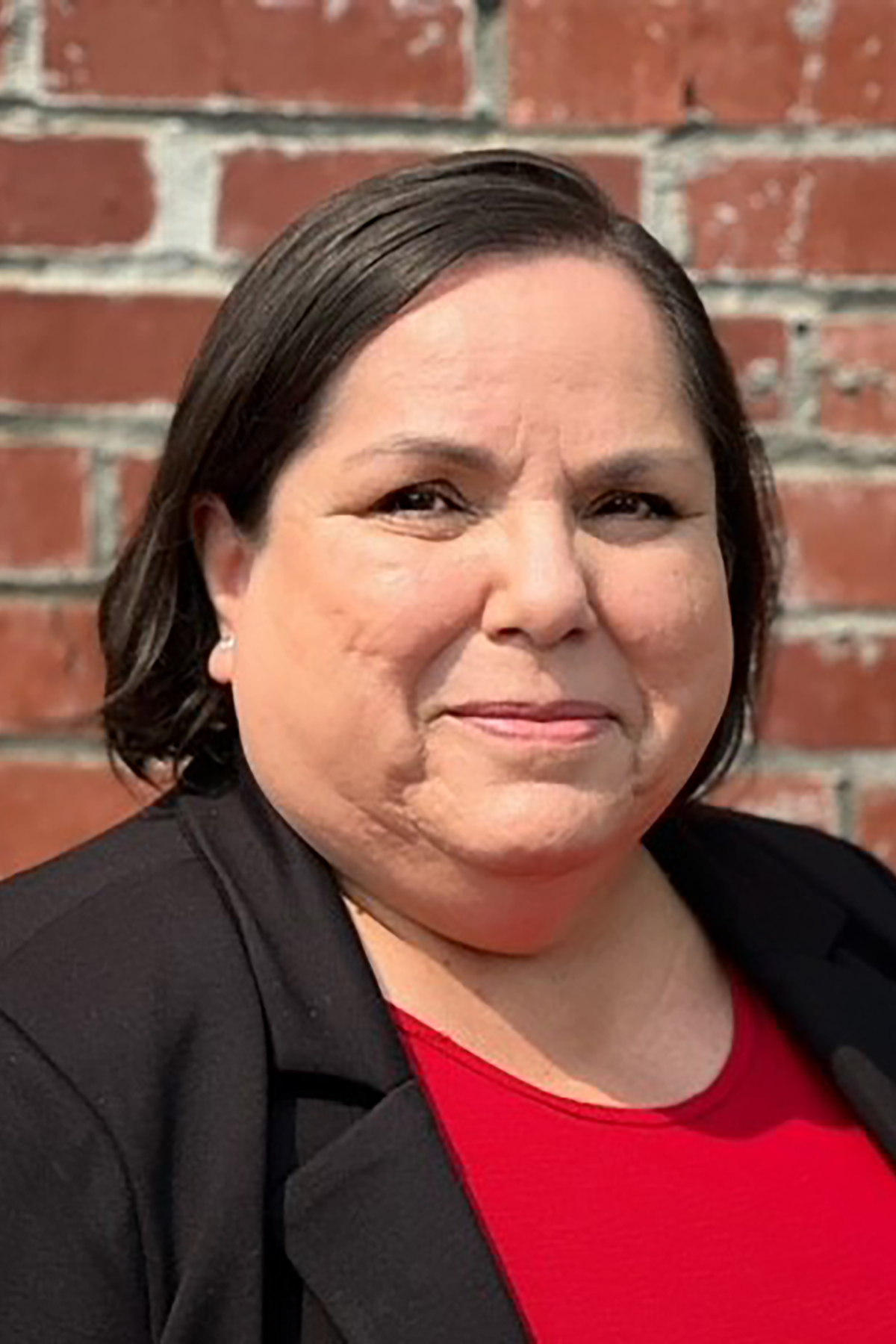
Carmel Perez Snyder - Director of Outreach and Advocacy, AARP Oregon
Age-Friendly Communities Clinic
Interested in learning how your city, town, county or region can join the Network of Age-Friendly State and Communities? Join this session to learn about the network, tools and resources available to you to help your community become age-friendly, and hear from Oregon Age-friendly Communities on what they are doing and learning in their effort to make living and aging better.
Biography
Carmel Perez Snyder joined AARP Oregon in 2016, but has worked for AARP in other parts of the country as an advocate for Livable and Age-Friendly Communities since 2007. She leads AARP Oregon’s work with the Network of Age-Friendly States and Communities. She is a strong believer in the power of the collective impact model and works tirelessly to convene stakeholders to solve issues together in their communities. She is a graduate of the University of Missouri-Columbia, and serves on several boards and committees including Better Housing Together and the City of Eugene Vision Zero Advisory Committee.
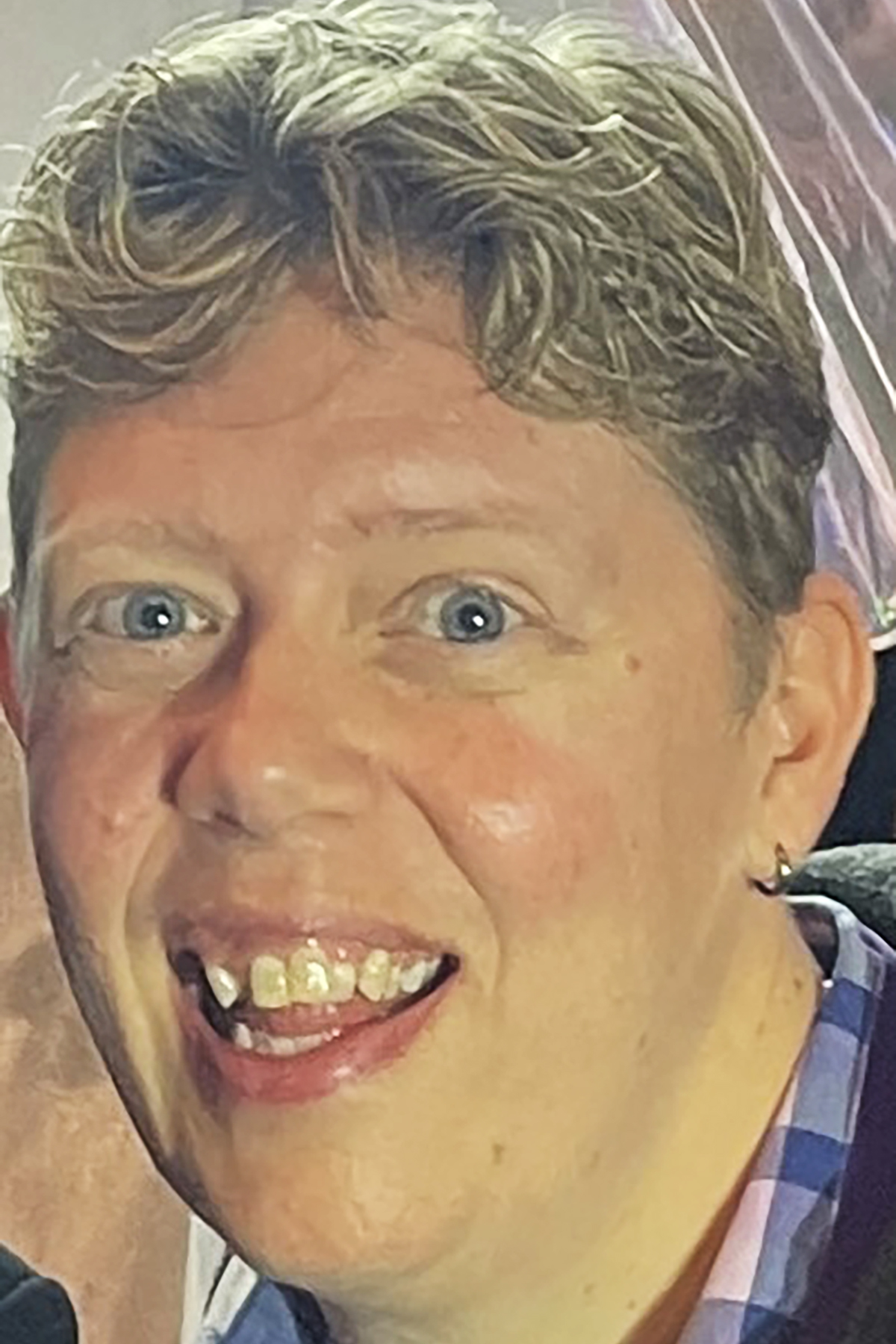
Lori Stanton, MA - Program Director and DEI pillar lead for the Alzheimer’s Association Oregon and SW Washington Chapter
Alzheimer’s, Dementia and Communication
What a person with Alzheimer’s disease and progressive dementia experiences is key to interacting effectively, accessing appropriate treatments, and providing/assuring quality care. Communicating effectively using Dementia-Friendly Strategies is more than just words spoken and heard. It is about communicating, and attending, about sending and receiving messages through attitude and emotion, tone of voice, facial expressions and body language. As people with Alzheimer’s disease and other dementias progress in their journey and the ability to use and relate with words is impaired or lost, families, friends, and careers need new ways to connect. We will also discuss resources available statewide through the Alzheimer’s Association.
Biography
Lori Stanton is the Program Director and DEI pillar lead for the Alzheimer’s Association Oregon and SW Washington Chapter. Lori earned a duel Master of Arts degree in Social Gerontology and Advocacy from Alaska Pacific University. She is an Eden Associate, and currently serves on the board for LABRYS Society as President. Lori has worked in the field for the past 25 years, and assisted The Salvation Army Serendipity Adult Day Services in becoming the first Adult Day in the Nation to receive the Excellence in Care, Dementia Program of Distinction award from the Alzheimer’s Foundation of America. Lori has worked for the Alzheimer’s Association for the past 10 years and currently resides with her lovely family in the beautiful and scenic Grants Pass.
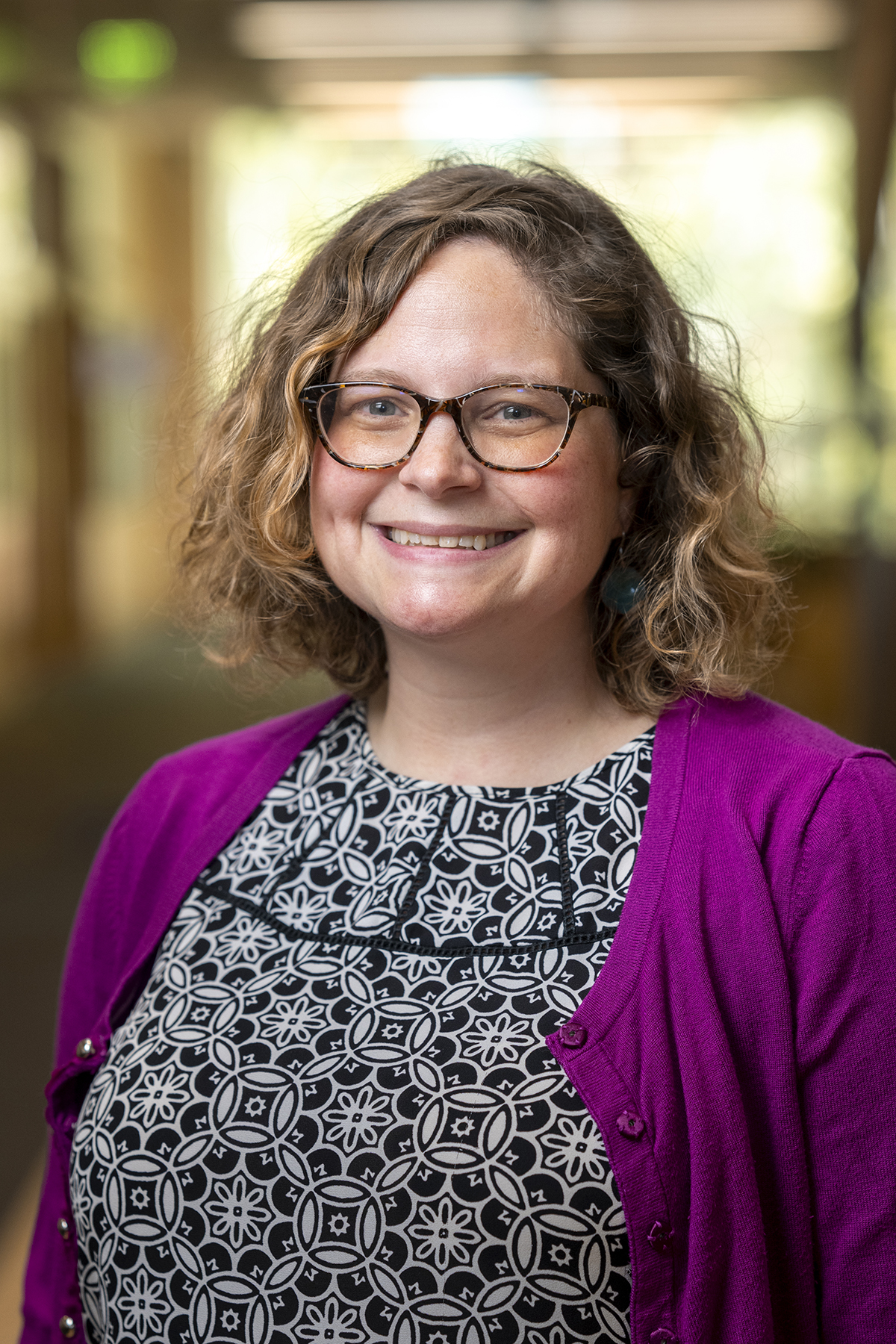
Alysia Vrailas-Mortimer, PhD - Associate Professor, Principal Investigator, Linus Pauling Institute, Department of Biochemistry & Biophysics, Linus Pauling Institute
Developing a New Model of Parkinson’s Disease
Parkinson’s disease (PD) is a progressive neurodegenerative disease that is characterized by symptoms such as tremors, slow movements, stiffness throughout the trunk, and impaired balance. PD results from the loss of dopaminergic neurons in the substantia nigra region of the brain, which is linked to the presence of dysfunctional mitochondria and protein aggregates called Lewy bodies. Model organisms have been instrumental in our understanding of PD, including the fruit fly Drosophila melanogaster. We have found that the aging gene p38 MAPK (p38Kb) regulates lifespan and aging in flies and that loss of p38Kb results in premature locomotor dysfunction, increased oxidative stress, and increased protein aggregation. We now find that loss of p38Kb leads to progressive loss of dopaminergic neurons and abnormal mitochondria. Furthermore, we find a genetic interaction between p38Kb and parkin, a gene mutated in familial forms of PD. These data suggest that p38Kb may play an important role in PD, and this model can be used to further understand the molecular underpinnings of PD.
Biography
Alysia Vrailas-Mortimer received her Ph.D. in Genetics and Molecular Biology from Emory University and completed her postdoctoral fellowship in aging and physiology there as well. She has been an assistant professor at the University of Denver and Illinois State University and an associate professor at Illinois State University. Her research explores how and why humans age and the link between aging and age-dependent diseases such as Parkinson’s diseases, Charcot-Marie-Tooth Disease and muscular dystrophies.
2024 Panel Speakers
PANEL TOPIC: Evidence-Based Behavioral Interventions for Older Adults
Evidence-Based Behavioral Interventions for Older Adults
By the year 2035, there will be more Oregonians over the age of 65 than under 18. Join this session to learn more about Oregon’s Older Adult Behavioral Health Initiative (OABHI) and discuss some of the evidence-based behavioral health interventions that help meet the needs of our aging population. The panelists in this presentation will speak to the unique strengths and challenges related to promoting behavioral health among older adults in the 14 rural and remote counties served by GOBHI’s Older Adult Behavioral Health Initiative team.
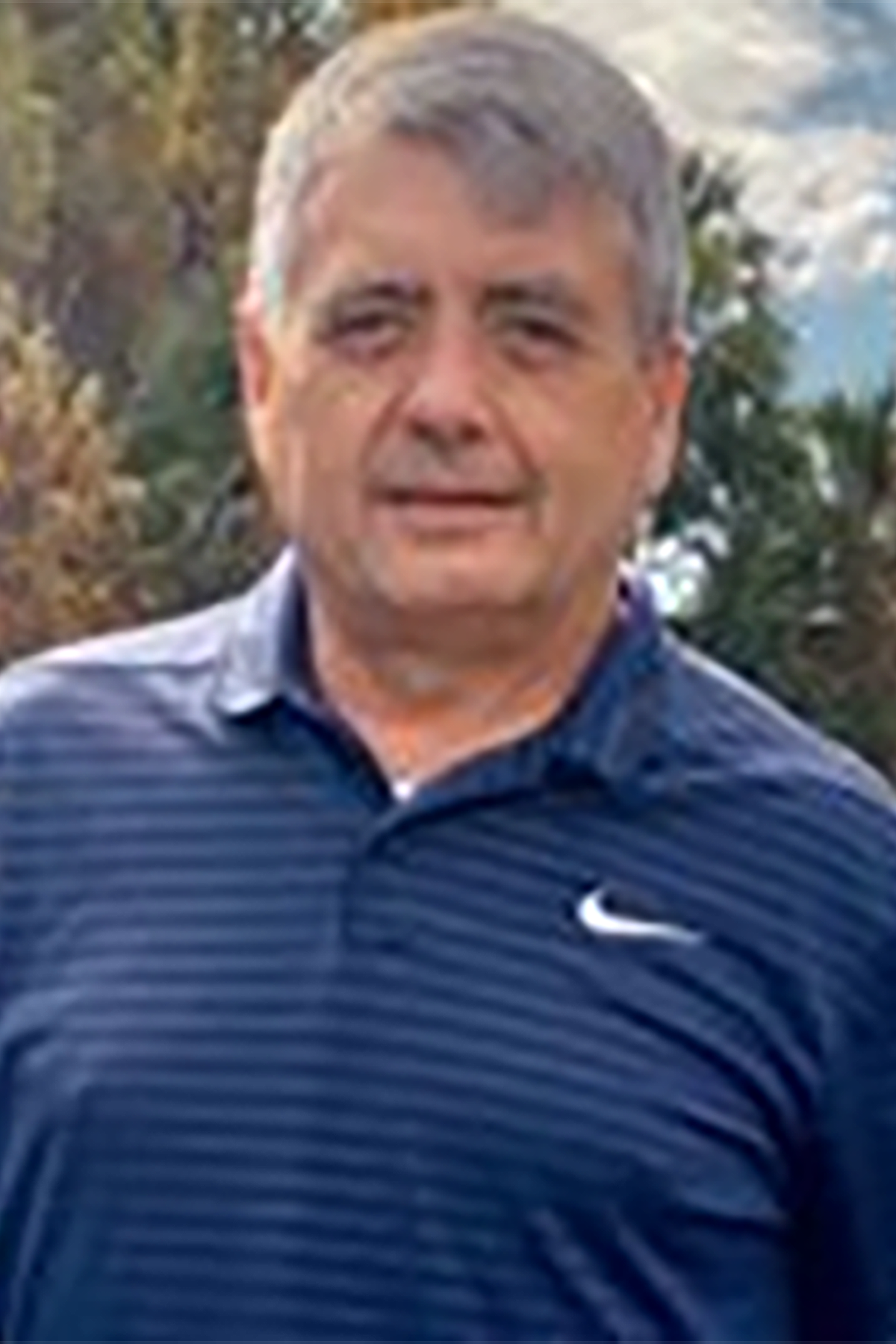
Rod Harwood, M.Div., MA, QMHP-C (he/him) - Older Adult Behavioral Health Coordinator with GOBHI serving Eastern Oregon
Biography
Rod is an Older Adult Behavioral Health Coordinator with GOBHI serving Eastern Oregon. He has 37 years of healthcare experience providing clinical support in hospital, mental health, and Hospice settings. Rod is a trained Positive Approach to Care (Dementia Care) Enhanced Trainer & Advanced Consultant. He facilitates the Eastern Oregon Caregivers Support Group for the Alzheimer’s Association. He promotes enhanced collaboration and coordination among the agencies serving older adults, provides complex care consultation and ensures those caring for older adults are well trained.
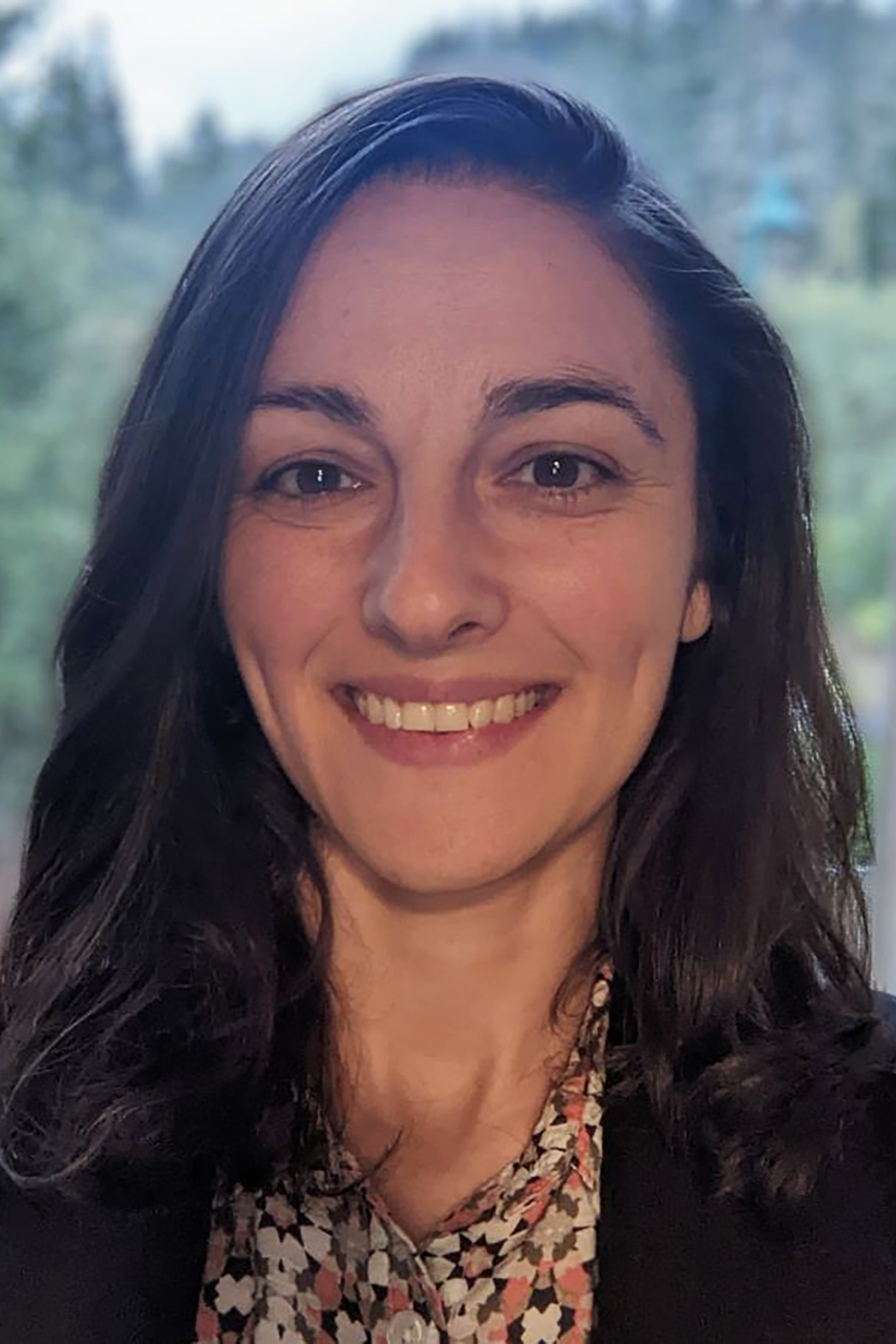
Roni Hyde, MPH, CHES (she/they) - Older Adult Behavioral Health Coordinator with GOBHI serving Gilliam, Hood River, Sherman, Wasco and Wheeler Counties
Biography
Roni is an Older Adult Behavioral Health Coordinator with GOBHI serving Gilliam, Hood River, Sherman, Wasco and Wheeler counties. They have worked in the aging and disability sector for over 10 years in various roles providing direct care, case management, program coordination and health education. Roni is passionate about promoting holistic health and well-being among older adults, people with disabilities, and family caregivers.
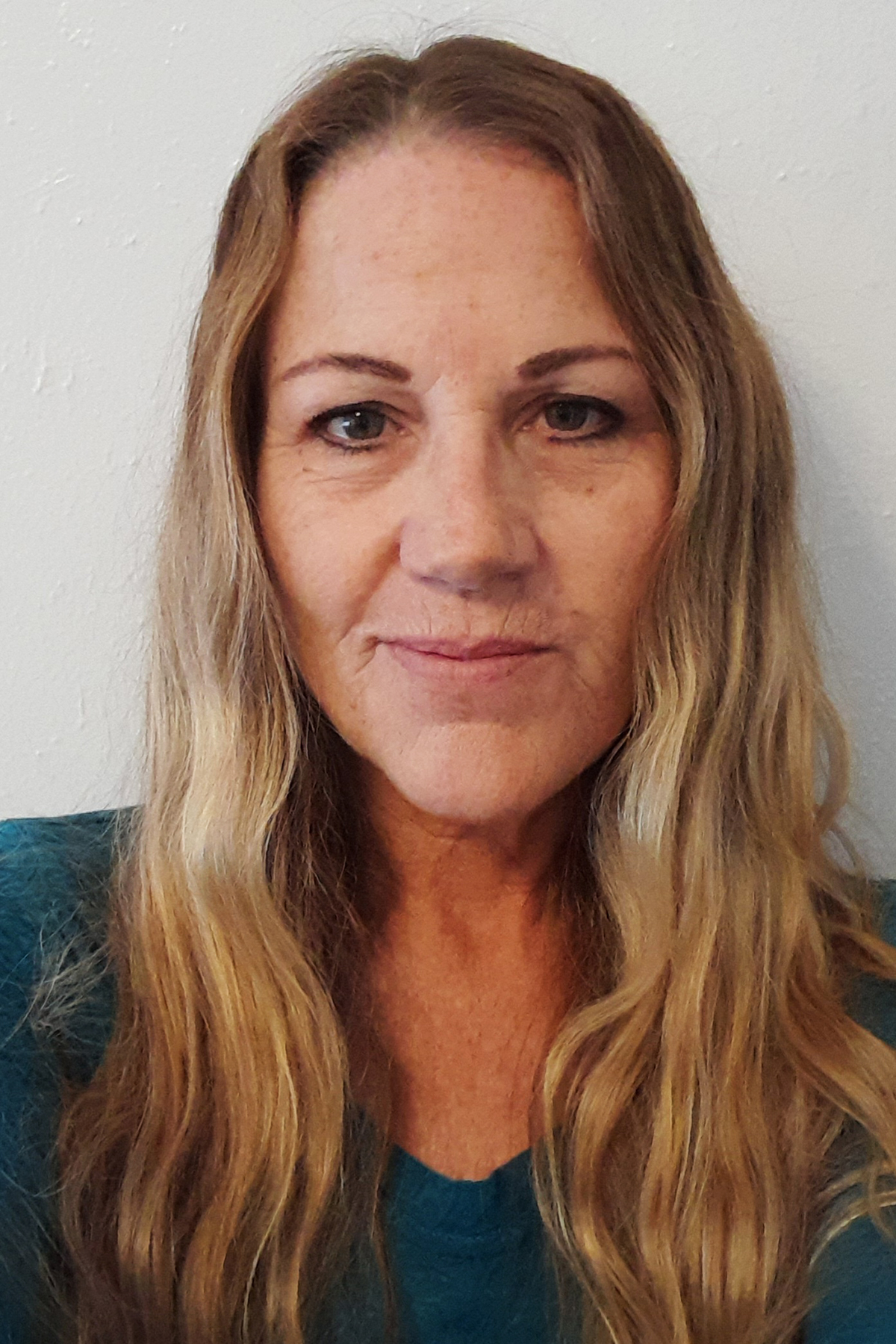
Kai Nichols, MS, CADCIII, QMHP (she/her) - Older Adult Behavioral Health Team at GOBH
Biography
Kai is the newest member of the Older Adult Behavioral Health Team at GOBHI. She has over 20 years of experience in behavioral health throughout Oregon. Kai holds a Masters in Forensic Psychology; is a Certified Alcohol and Drug Counselor III (CADCIII) as well as a Qualified Mental Health Professional (QMHP). She also recently became a Certified Yoga Instructor. Kai grew up in the Columbia Gorge, and has a particular heart for the rural and frontier areas of Oregon. In her spare time she enjoys yoga, camping, Paddling the Columbia River, and traveling with her family.
PANEL TOPIC: Improving Long-Term Care and Support Services in Oregon: AARP LTSS Scorecard
Improving Long-Term Care and Support Services in Oregon: AARP LTSS Scorecard
How is Oregon doing when it comes to providing long-term services and support (LTSS) for older adults, people with physical disabilities, and family caregivers? Learn what the latest AARP LTSS Scorecard reveals and hear from state and federal expert on how we are doing on the four key dimensions of state LTSS system performance: affordability and access, choice of setting and provider, quality of life and quality of care, and support for family caregivers. Bring your insights, questions, and ideas on how we can improve LTSS in our state.
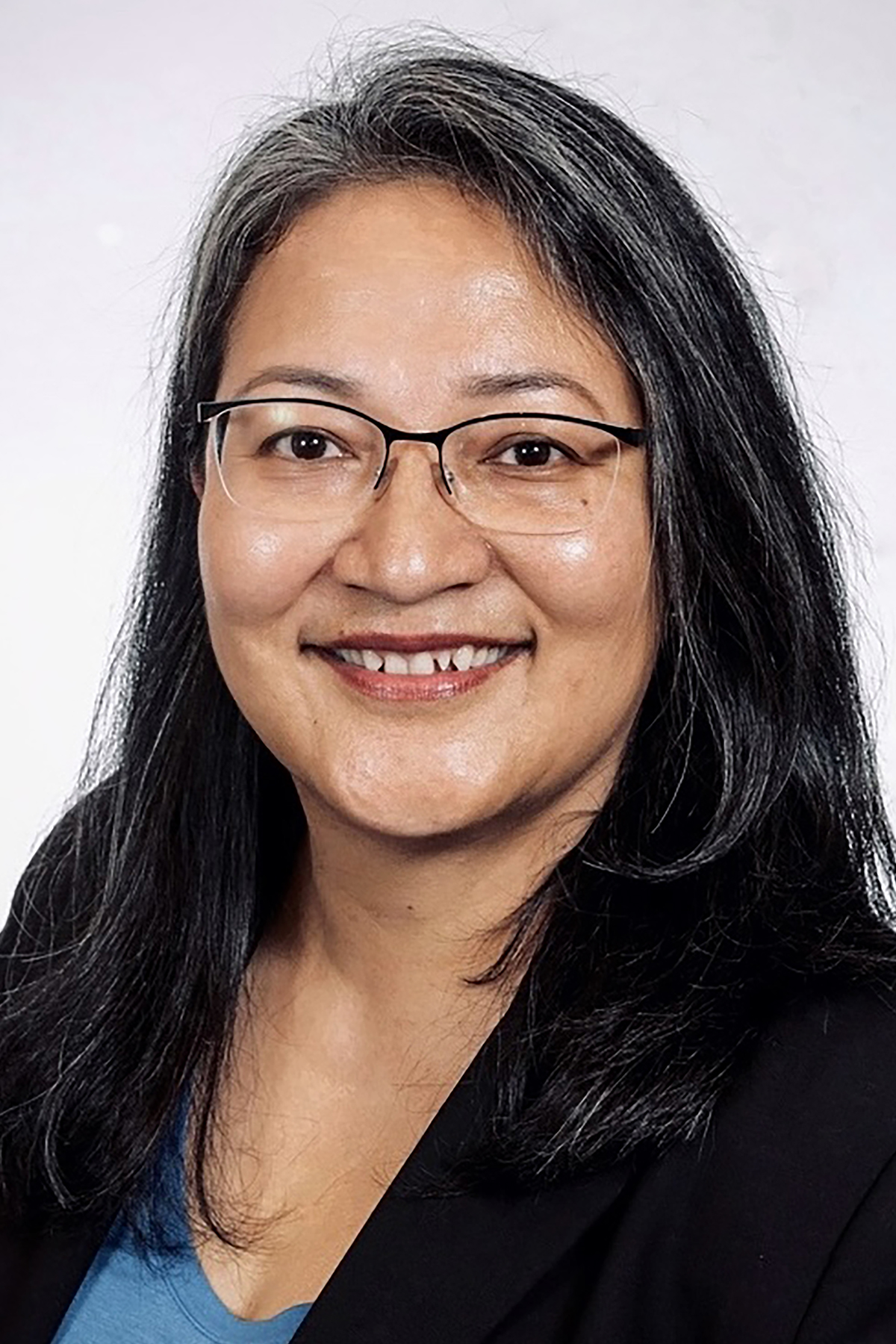
Moderator: Bandana Shrestha (she/her) - State Director for AARP Oregon
Biography
Bandana Shrestha is the State Director for AARP Oregon where she leads and supports AARP vision of health security, financial resilience, and community engagement for over 500,000 members, as well as Oregonians 50+ and their families across the state. During her 20+ year career as a leader in local, national, and international organizations, Bandana has worked to drive people-powered solutions to affect positive social change, improve lives, and transform communities. Before her appointment as State Director, Bandana served as AARP Oregon Director of Community Engagement and led outreach and advocacy efforts on a variety of issues, including caregiving, livable communities, food security, and prescription drugs. Prior to joining AARP, Bandana served as Director of Model Programs and Partnerships for the Points of Light Foundation in Washington, DC., where she led key programs and initiatives, including the Connect America Network, Family Strengthening Neighborhood Transformation Campaign, and the Asset Building & Economic Security Program. Bandana is a graduate of Linfield College and University of Oregon and currently serves on Oregon State Treasury Financial Empowerment Advisory Team.
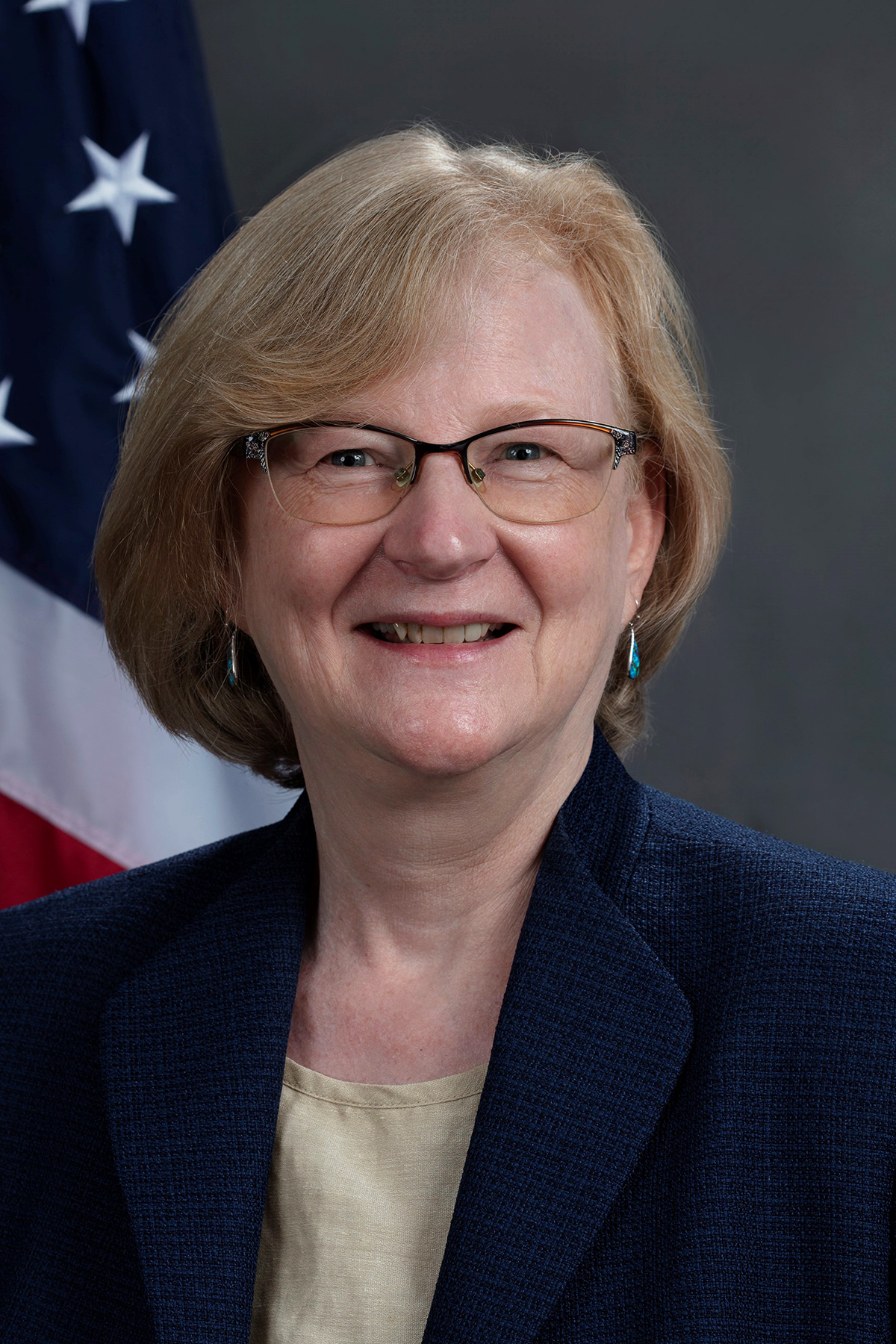
Louise Ryan, MPA - Regional Administrator, Region X (AK, ID, OR, WA) Administration for Community Living U.S. Department of Health and Human Services
Biography
Lousie Ryan, In her role as Regional Administrator, Louise provides technical assistance to states and tribes on the operations of their Older Americans Act programs and serves as ACL’s regional representative within the U.S. Department of Health & Human Serves and with external partners. Prior to federal service Louise was the Washington State Long-Term Care Ombudsman.
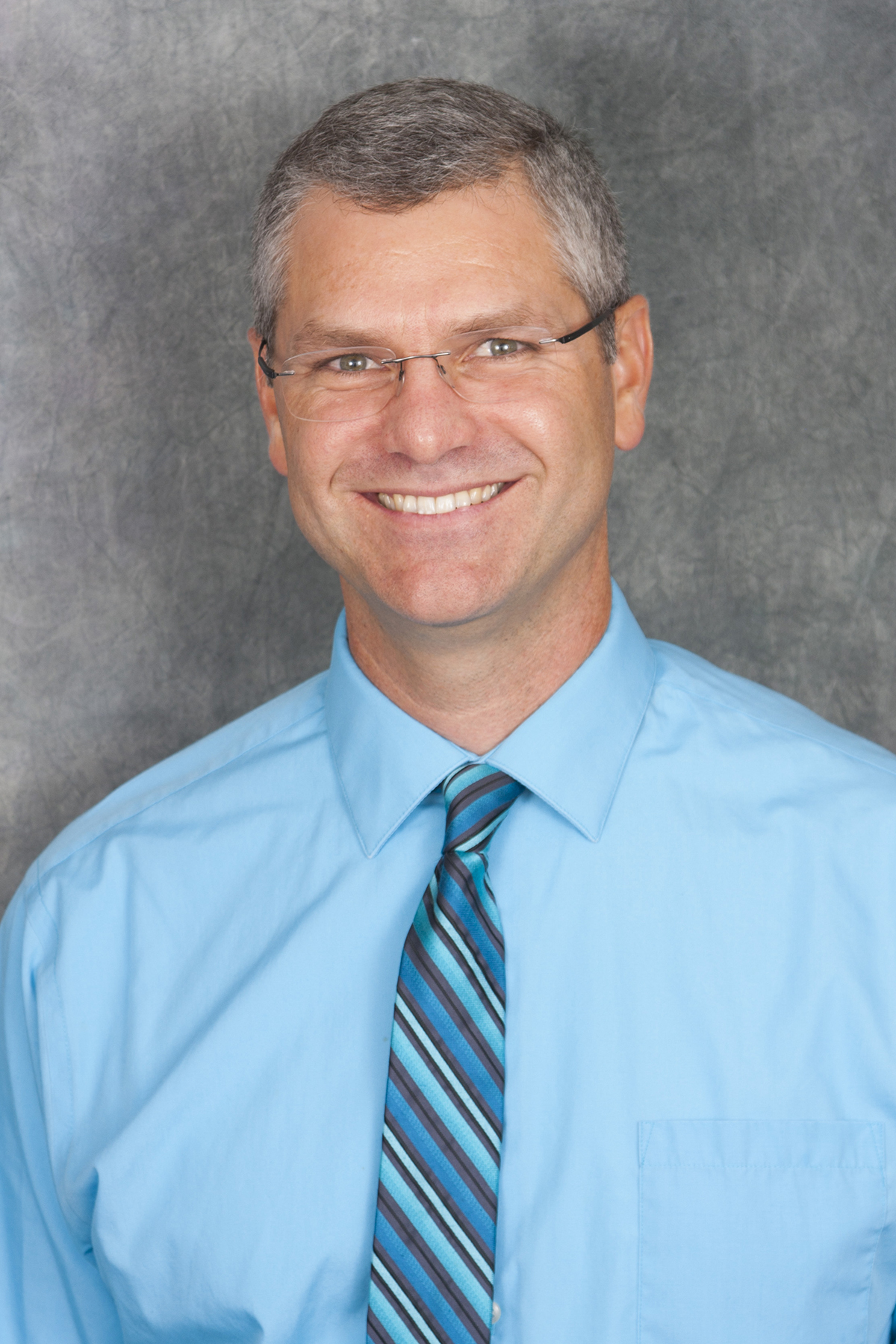
Fred Steele, MPH, JD - State Long-Term Care Ombudsman Director, Office of the Long-Term Care Ombudsman
Biography
Fred Steele was originally appointed in September 2015 to be Oregon’s Long-Term Care Ombudsman and Agency Director of the Office of the Long-Term Care Ombudsman. The agency also includes the Residential Facilities Ombudsman program and the Oregon Public Guardian program. Fred is also currently serving on the Board of the National Association of State Long Term Care Ombudsman Programs as its Treasurer. Fred is an active member of the Oregon State Bar, having earned his J.D. from Willamette University College of Law. Fred also holds a Master’s in Public Health from Portland State University.
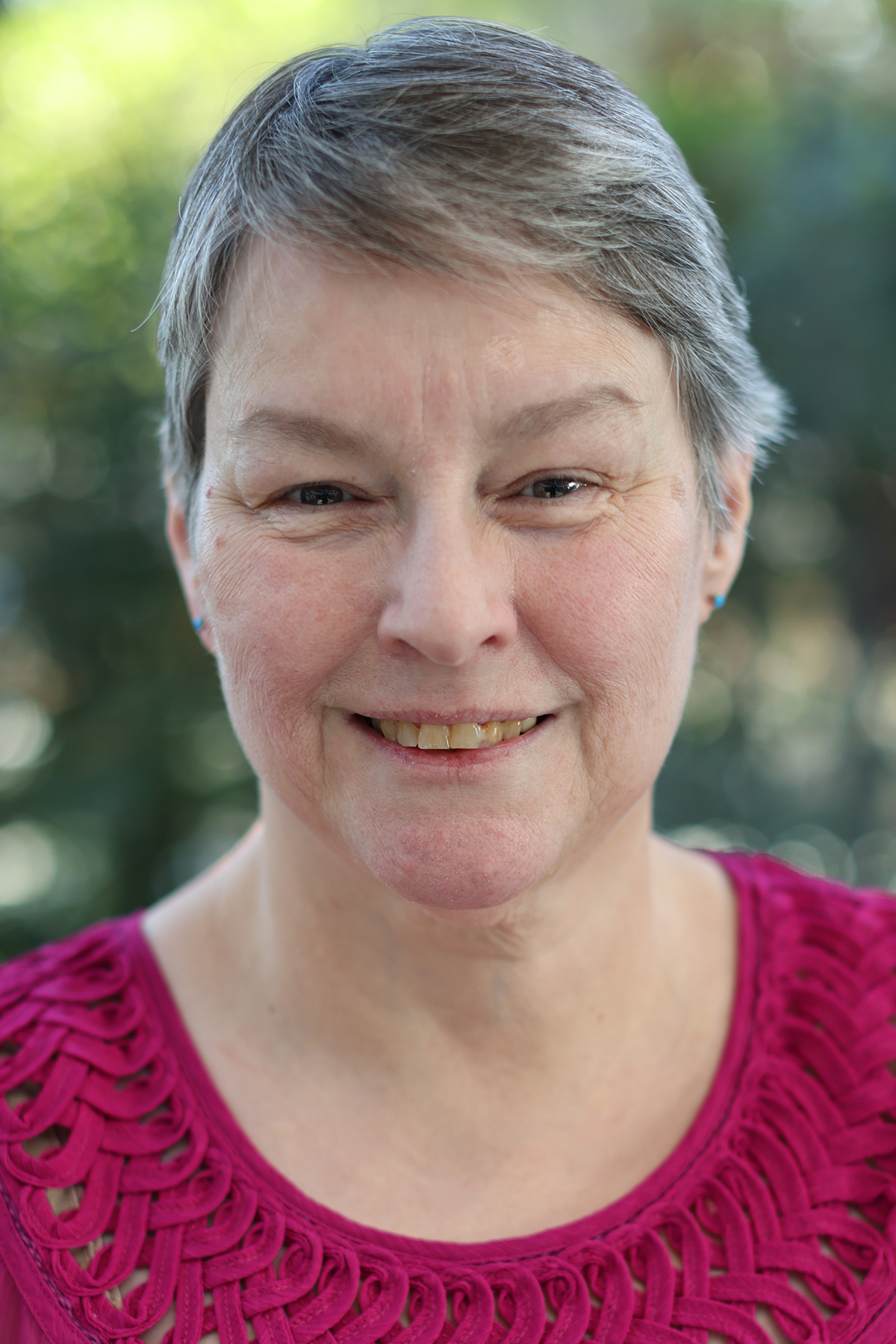
Jane-ellen Weidanz - Deputy Director of Policy for the Office of Aging and People with Disabilities (APD) within the Oregon Department of Human Services (ODHS)
Biography
Jane-ellen has worked on health and human service issues since 1991. She started her career as a grassroots organizer for various non-profit organizations and was then hired by Congressman Wyden. After almost seven years with Congressman/Senator Wyden, Jane-ellen began working for ODHS, focusing on senior, disability, and mental health issues. She implemented the Medicare Prescription Drug Program for the State of Oregon. She liaised with the Legislature, staffed advisory councils and community groups. She implemented significant system change efforts, including writing and implementing the 1915(k) for APD and the mental health system.
Jane-ellen’s current position is responsible for all policies related to Oregon’s long-term services and support system, including Medicaid, the Older Americans Act, and state-funded community support and service options for older adults and people with disabilities. Before being promoted to her current role as Deputy Director, Jane-ellen served as APD’s Long Term Services and Supports Administrator.
PANEL TOPIC: Meeting the Housing Needs for an Age-Friendly Society
Meeting the Housing Needs for an Age-Friendly Society
Oregonians are living longer and most hope to remain in their homes and communities for as long as possible. As households with older adults increase in the coming years our communities must address the mismatch between existing housing environments and the needs and preferences for age-friendly housing that is accessible, affordable, socially connected, and sited within complete communities. Learn about the current housing landscape in Oregon, legislation and approaches intended to address our state’s housing crisis, innovations and best practices, and additional opportunities that will shape housing for an age-friendly society.
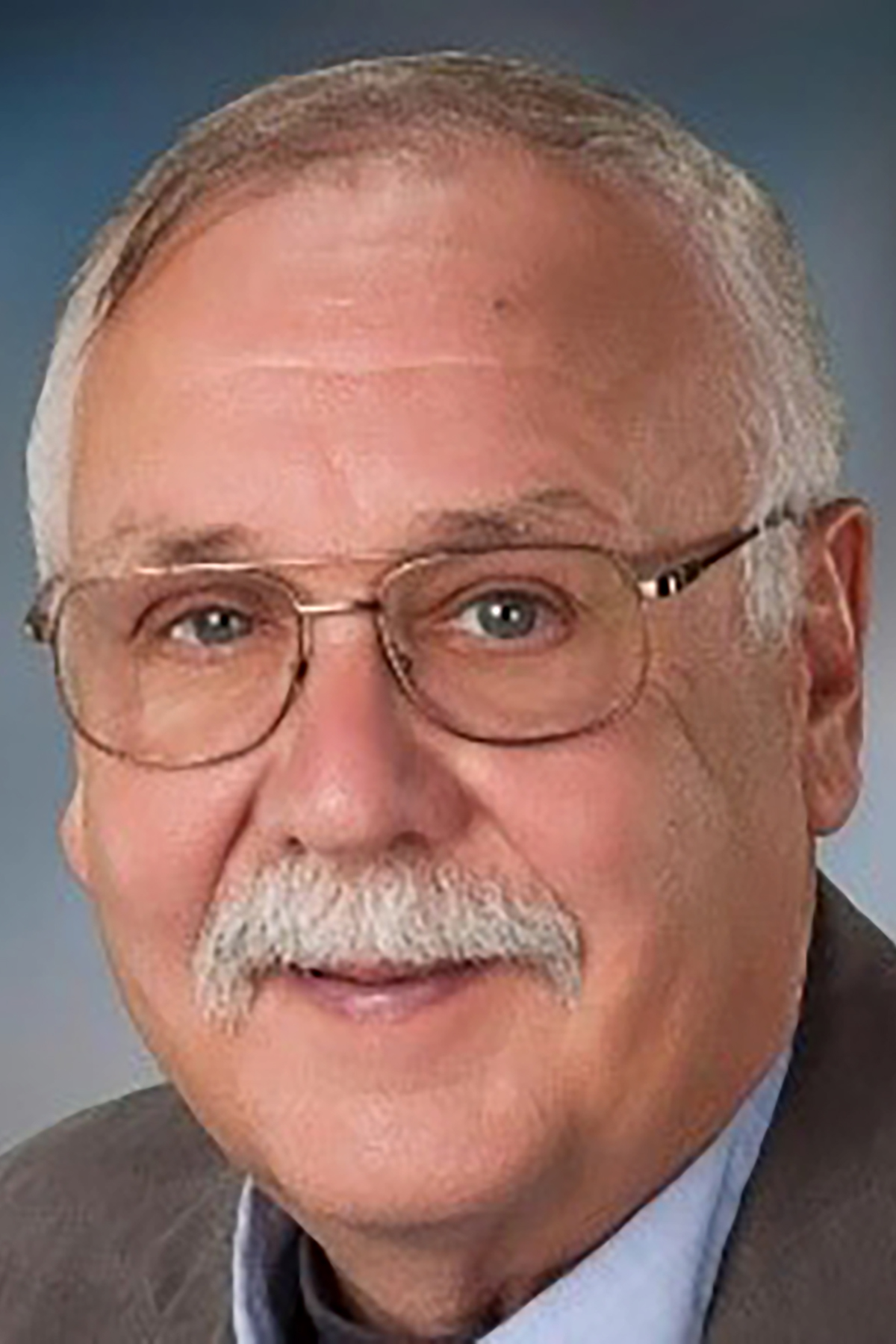
Moderator: Mike Fieldman, MPA - former Legislative Assistant working on Housing, Homelessness, and Behavioral Health Issues
Biography
Michael Fieldman grew up exposed to an economic, racially, and culturally diverse environment on the southside of Chicago. This helped him develop an intuitive and experiential understanding of the social inequities and injustices and motivated him to pursue a lifetime career focused on impacting social justice issues through the field of non-profit and governmental human service delivery. During his over 50-year career, Mike has worked in many areas of social service programing from anti-poverty programs to mental health and substance abuse treatment, from domestic violence to early childhood and housing. He served in top executive positions in non-profit and governmental agencies for the last 35 years of his career. In the last 20 years, he served as the Executive Director of the United Community Action Network (UCAN) in Roseburg, Oregon. After retiring in 2019, he worked for Oregon State Representative Gary Leif as Legislative Assistant working on Housing, Homelessness, and Behavioral Health issues. Mike has served on numerous boards and commissions locally and statewide, including as a member of board and chair for 211Info and the Oregon Governor’s Commission for Voluntary Action and Service. Mike was also a Governor appointed member of the Oregon State Housing Council. He has an MPA degree from Montana State University. He has been married for 33 years to his wife Katie, and has a daughter who lives in Melbourne, Australia.

Alan DeLaTorre, PhD - Adjunct Research Associate, Institute on Aging IOA Portland State University, College of Urban and Public Affairs
Biography
Alan DeLaTorre is a self-described “urban gerontologist” who has focused his career on advancing age-friendly environments. He has been involved in Portland’s age-friendly efforts since its inception as a research project in 2006 at Portland State University’s (PSU) Institute on Aging. Dr. DeLaTorre served as the City of Portland’s age-friendly program manager (2019-2023) and has consulted with communities throughout Oregon and the U.S. to support various research, planning, and implementation efforts. Alan serves as a housing and policy advocate for Norwest Pilot Project, as well as adjunct faculty within PSU’s College of Urban and Public Affairs.
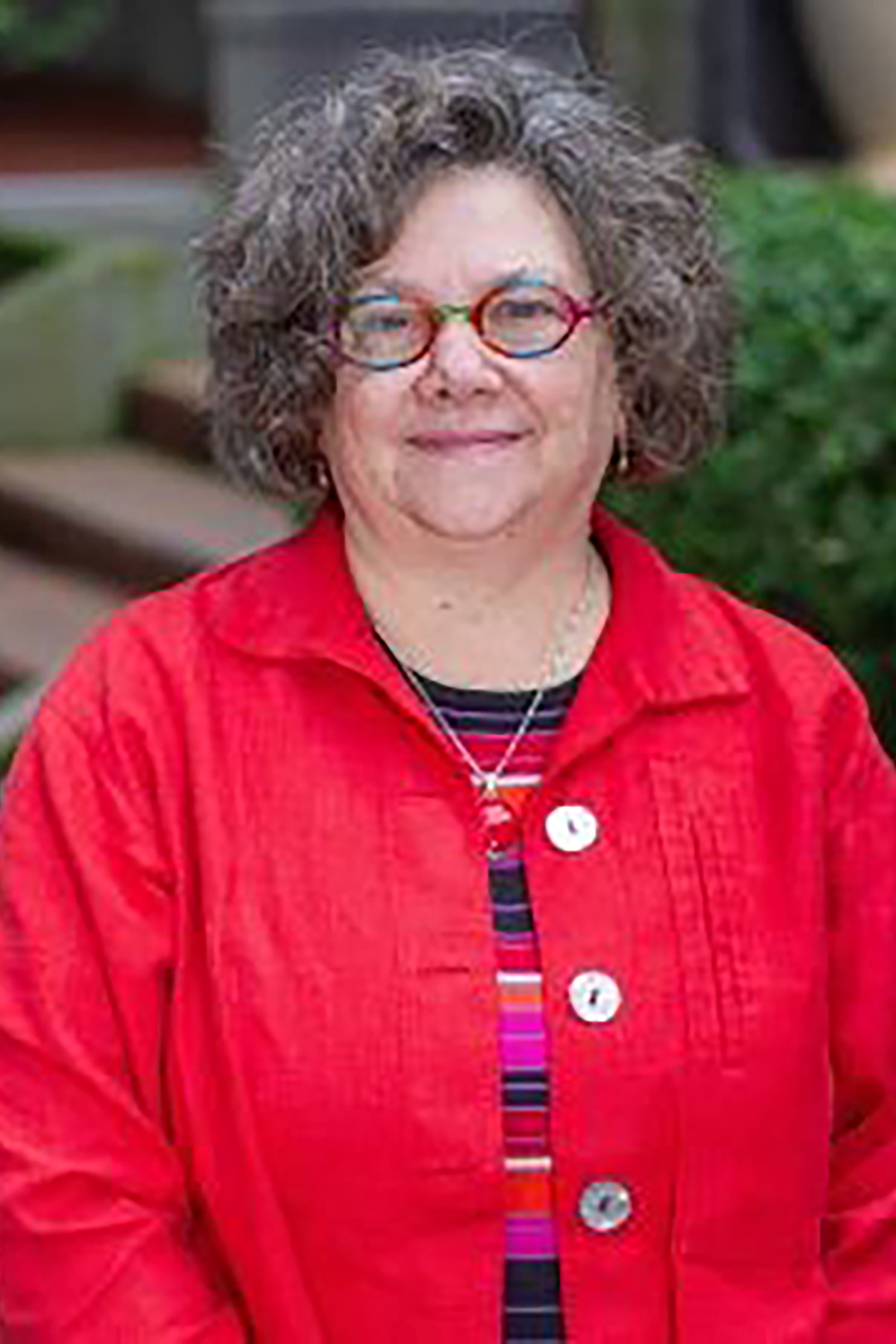
Laura Golino de Lovato, MLS - Executive Director of Northwest Pilot Project
Biography
Laura Golino de Lovato is the Executive Director of Northwest Pilot Project (NWPP), a nonprofit organization providing housing assistance, rent assistance, and advocacy to very low-income seniors in Multnomah County. Laura has over 35 years of fundraising and nonprofit management experience, providing leadership in fund development, strategic planning and community engagement, and holds a master’s degree in Library and Information Science from Simmons College, Boston. She currently serves on the board of directors of Here Together (a homeless advocacy organization), and PDX Jazz/Portland Jazz Festival. Laura also serves as Co-Chair of the Multnomah County Continuum of Care Board, as a Commissioner on the City of Portland’s Rental Services Commission, and is a member of the Multnomah County Multi-Agency Coordination Group (MAC Group), and served on the Governor’s Central City Task Force Subcommittee on Homelessness and Housing, and the Portland Housing Bureau’s Budget Advisory Committee. Laura values social justice and peace, inclusive communities, and animals, and puts those values to work as a volunteer in her community.
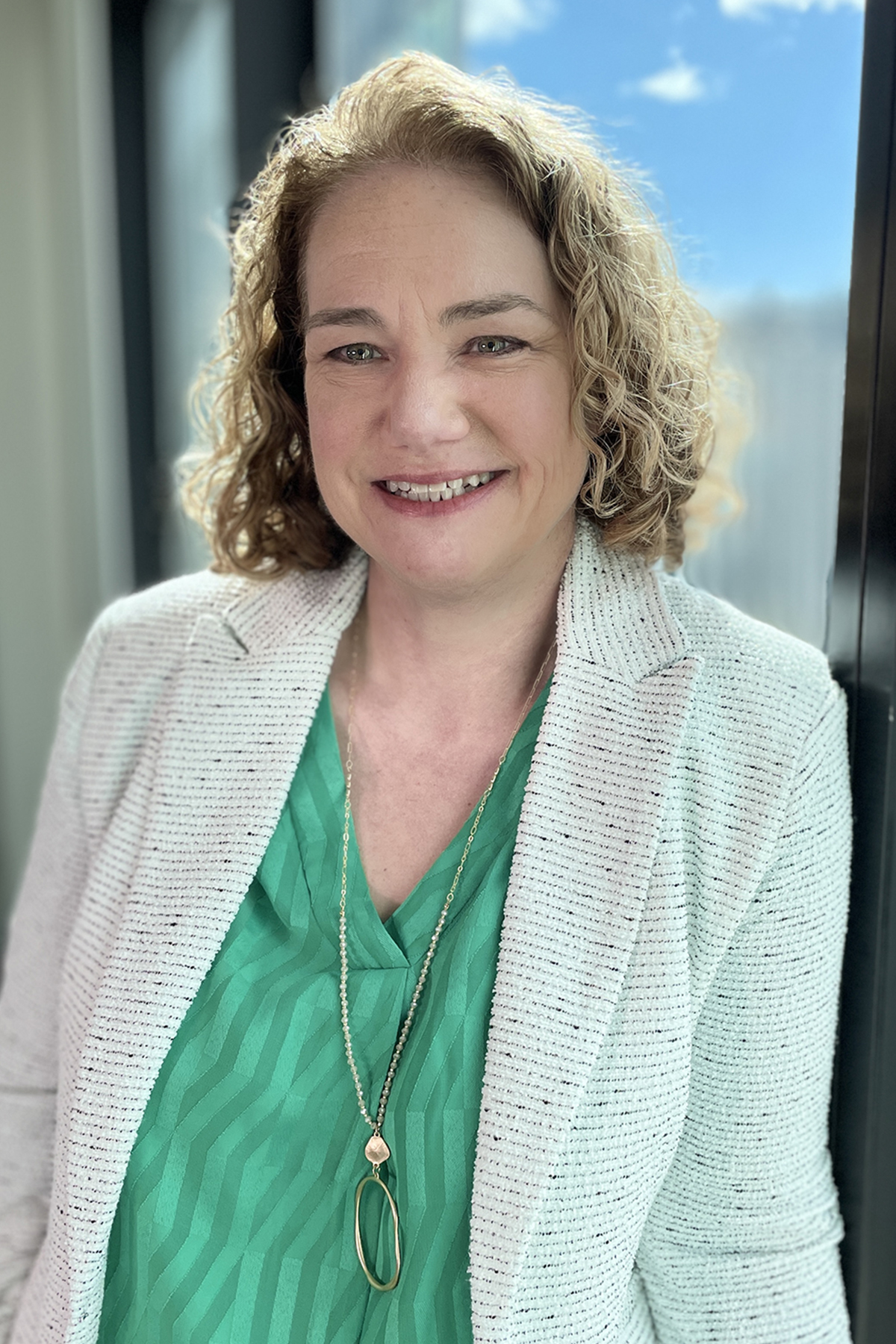
Stephanie Hooper - President & CEO, AGE+
Biography
Stephanie Hooper is President & CEO of AGE+ and JFRF and has over 25 years of experience working in private and nonprofit sectors, with a passion for growing community and nonprofit capacity through training, program development, advocacy and fundraising. Her nonprofit career began in at the American Red Cross, where she held a numerous program development and leadership roles. As ARC State Director of Health & Safety Services, she revamped and expanded the delivery of life-saving skills training and products across Oregon which became a model for other Red Cross chapters nationally. Prior to joining the AGE+ and JFRF, she also held the positions of Director of Marketing and Fund Development for DePaul Treatment Centers and AVP Nonprofit Relationship Manager at Pacific Continental Bank (now Umpqua). Stephanie is a Senior Fellow of the American Leadership Forum of Oregon and a member of their Board of Directors. She has been actively engaged as a volunteer and board member for organizations focused on education, social justice, LGBTQ communities, youth leadership development and services to older adults.
PANEL TOPIC: Transportation Impact on Healthy Aging
Transportation Impact on Healthy Aging
Oregon’s population is aging, and we are confronted by significant challenges in adapting our health and social systems to meet the requirements of this demographic change. Research shows mobility is often closely linked to a person’s independence, wellbeing and quality of life. In this session, we’ll look at how Oregon is meeting those changes and how the mobility needs of an aging society can be addressed. We’ll look at how future policies can better respond to the mobility needs of an aging population and how age-friendly policies have emerged as a major concerns for transportation planners and decision-makers.

Moderator: Carmel Perez Snyder - Director of Outreach and Advocacy, AARP Oregon
Biography
Carmel Perez Snyder joined AARP Oregon in 2016, but has worked for AARP in other parts of the country as an advocate for Livable and Age-Friendly Communities since 2007. She leads AARP Oregon’s work with the Network of Age-Friendly States and Communities. She is a strong believer in the power of the collective impact model and works tirelessly to convene stakeholders to solve issues together in their communities. She is a graduate of the University of Missouri-Columbia, and serves on several boards and committees including Better Housing Together and the City of Eugene Vision Zero Advisory Committee.
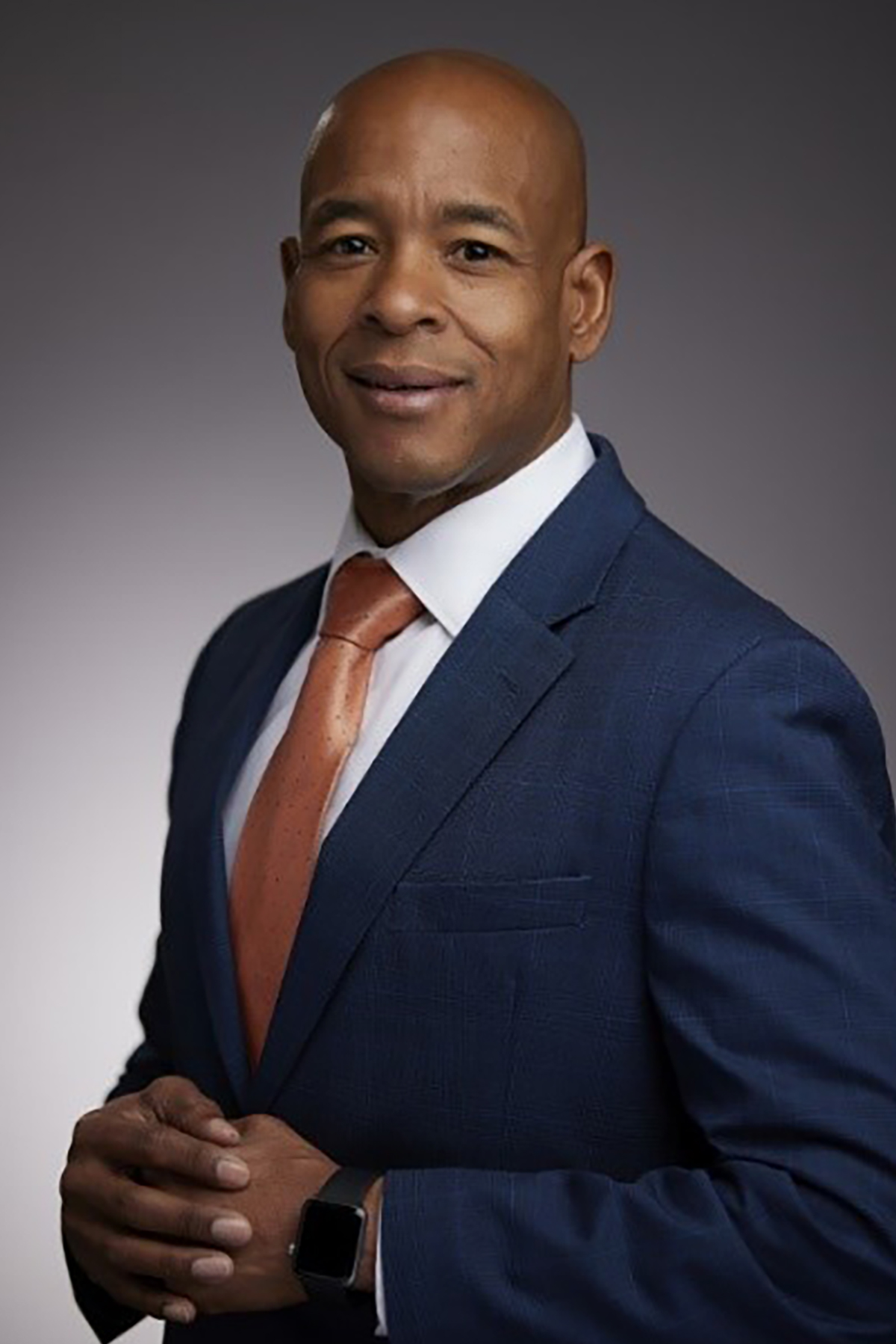
Jameson T. Auten, MBA - Chief Executive Officer, Lane Transit District
Biography
Jameson T. Auten is the CEO and General Manager of Lane Transit District, serving the Eugene-Springfield, Oregon Metropolitan Area. He leads LTD’s 330 employees who connect our community aboard the District’s buses that serve 32 neighborhood routes and three bus rapid transit routes known as EmX.
Jameson joined LTD in November 2022 after serving as the Deputy CEO and Chief Operating Officer with the Kansas City Area Transportation Authority. He began his transportation career in 2001 with the GRTC Transit System in Richmond, Virginia. His past executive management experience includes strategic planning in the field of transportation demand management and development and implementation of strategic marketing campaigns designed to reduce single occupant commute modes.
Jameson is very active in the public transportation industry, including the American Association of Public Transportation and the National Academies of Sciences. He is a 2014 graduate of Leadership APTA and is the Chair of APTA’s Mobility Management Committee. Jameson earned an MBA from Virginia Commonwealth University and a bachelor’s degree from California University of Pennsylvania (PennWest).
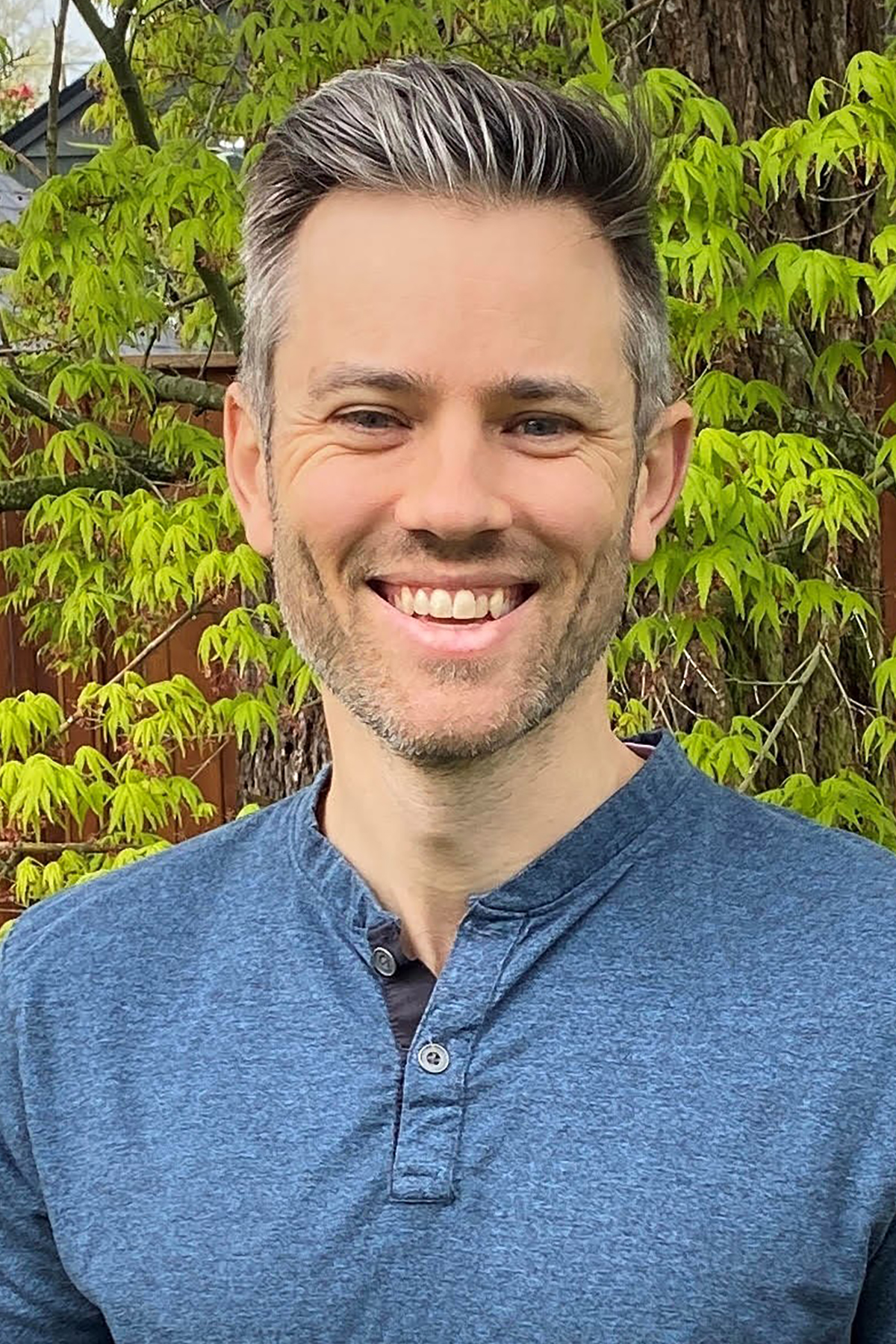
Zachary Lauritzen - Interim Executive Director for Oregon Walks
Biography
Zachary Lauritzen, serves as interim executive director for Oregon Walks. Before joining Oregon Walks, Zachary had a career as a high school educator: coach, teacher, and administrator. Part of his daily work focused on supporting students of color navigate and succeed within the school system. He worked to reduce inequitable disciplinary practices by eliminating exclusionary discipline and implementing restorative practices. He partnered with Safe Routes to School on walk and roll days and the creation of a bike shop at the school. Zachary believes deeply in engaging community members and his doctoral work at the University of Oregon focused on monitoring and increasing student interest and engagement in the classroom. He believes profoundly in the transformational power of public education in a thriving democratic society. Similarly, Zachary believes that equitable access to safe, environmentally and community friendly transportation is a cornerstone of a thriving neighborhood and society.
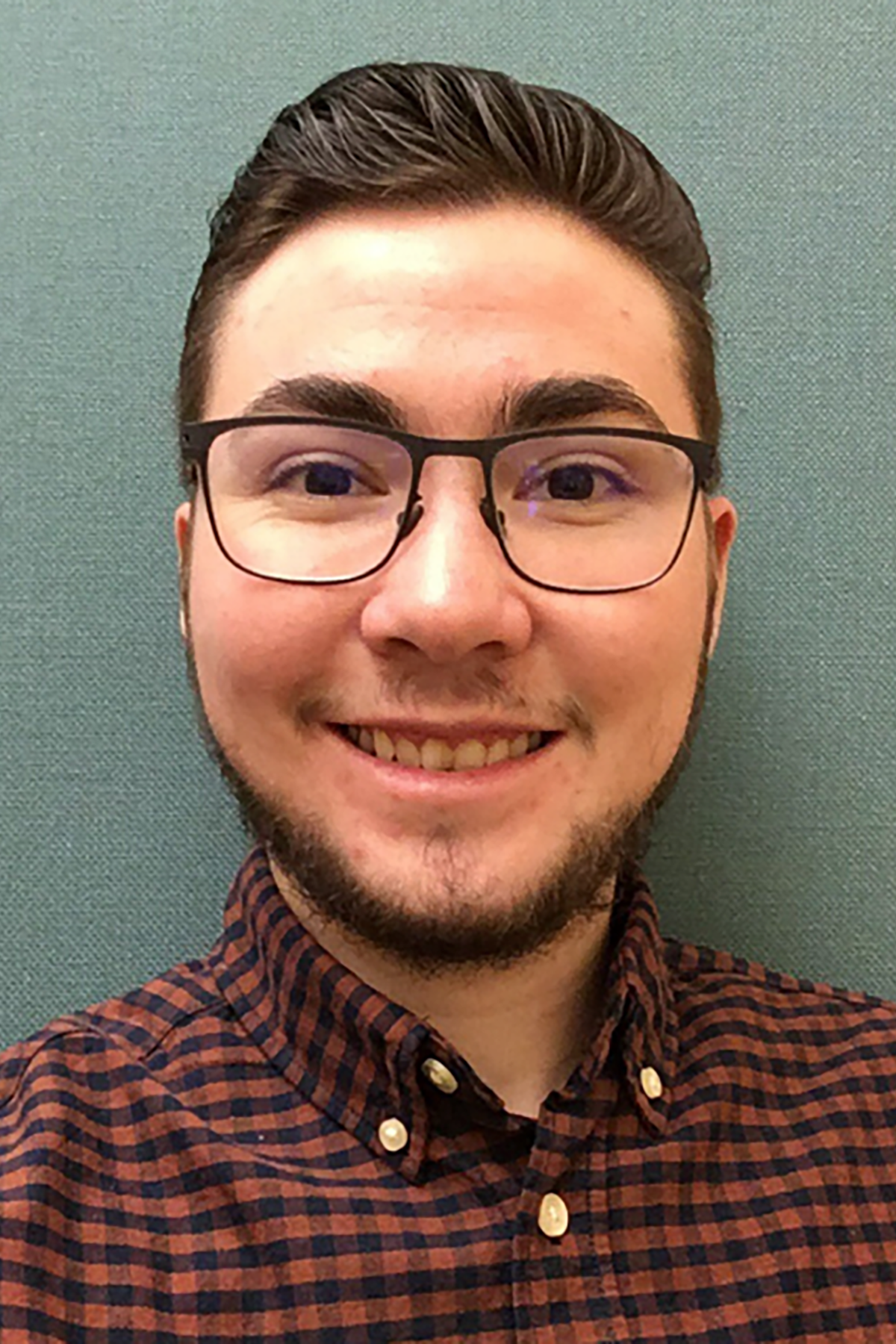
Logan Telles, MURP - Associate Transportation Planner, Vision Zero Coordinator, City of Eugene
Biography
Logan Telles, is an Associate Transportation Planner for the City of Eugene. He coordinates the Vision Zero Program, which includes projects and programs that aim to reduce fatal and serious injury traffic crashes. He joined the city in 2020, prior to that he worked with Alta Planning + Design and TriMet in Portland, Oregon. Logan earned his graduate degree in urban and regional planning for the University of Colorado-Denver and his undergraduate degree from the University of Colorado. He is enthusiastic about transportation accessibility and safety for all ages and abilities.
